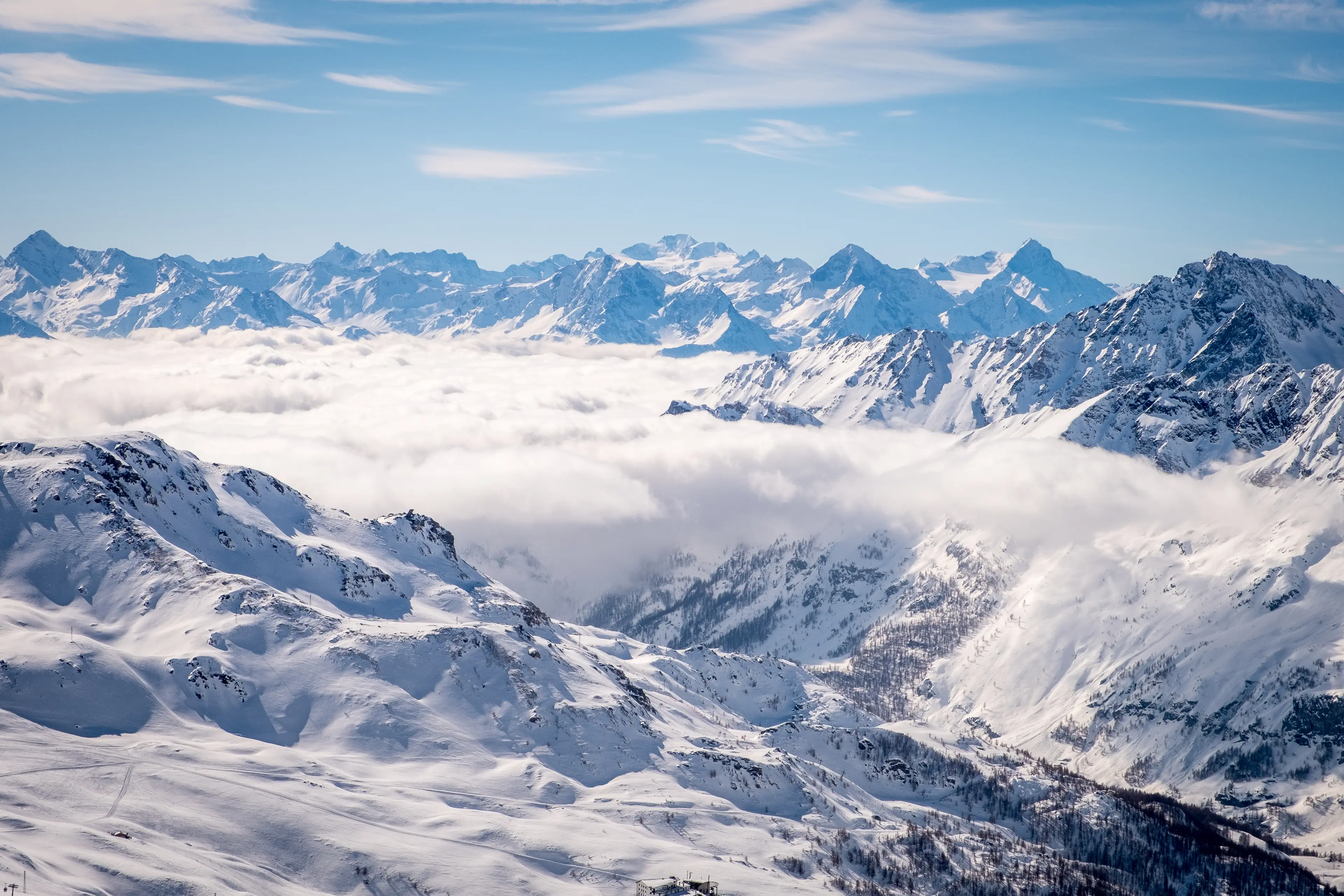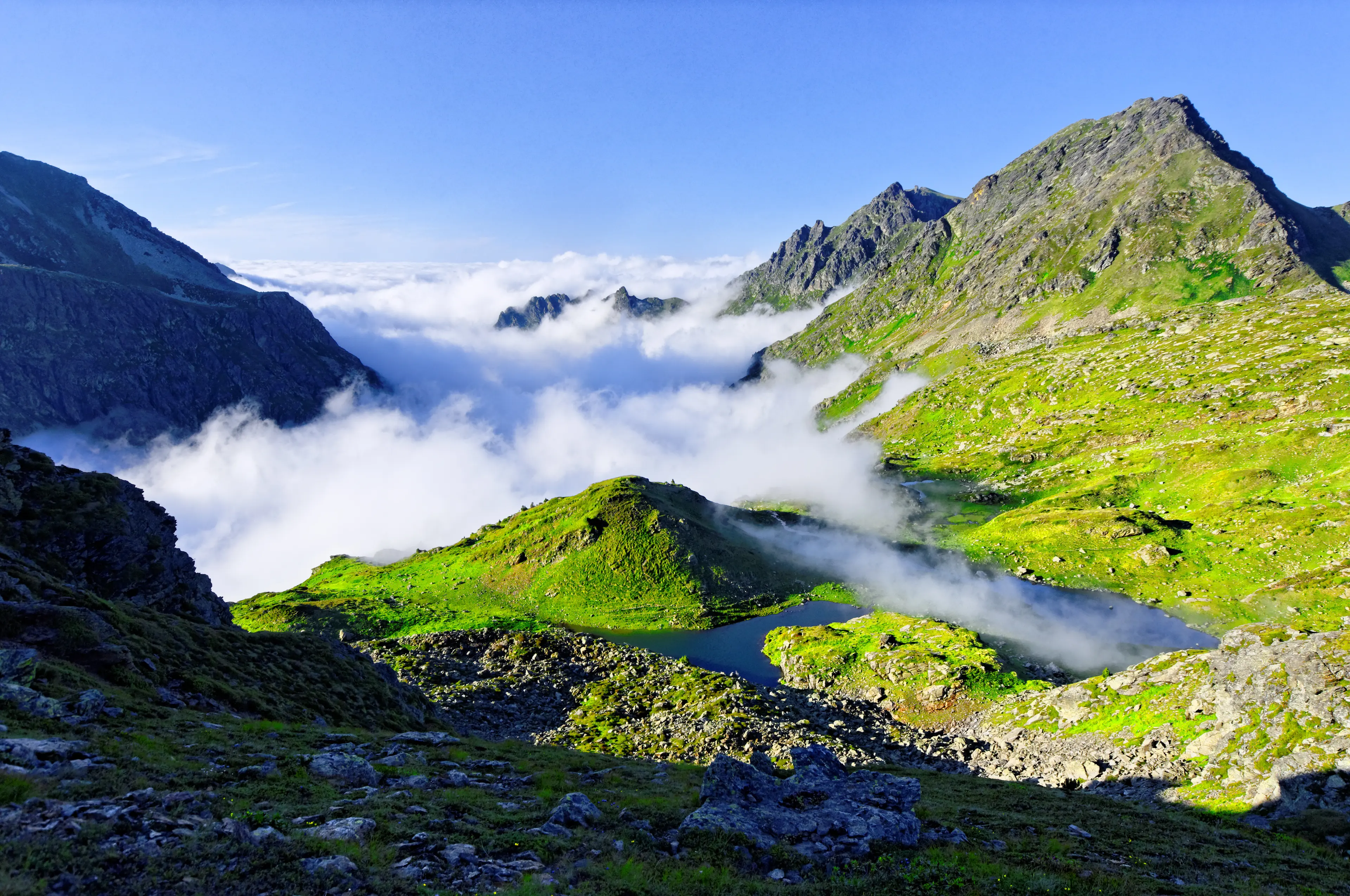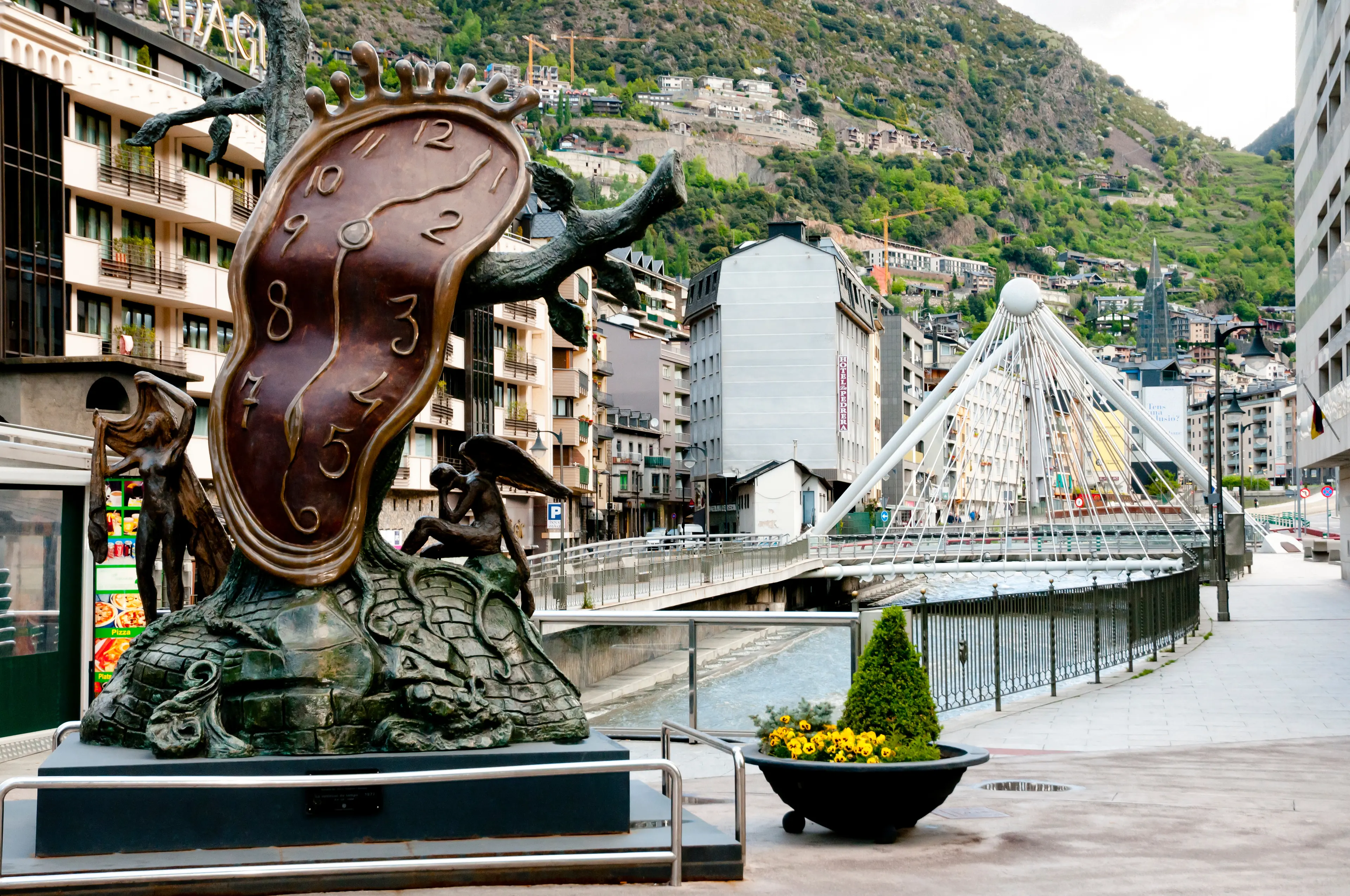3-Day Family Adventure: Sightseeing, Cuisine & Outdoors in Andorra
Andorra
3 days
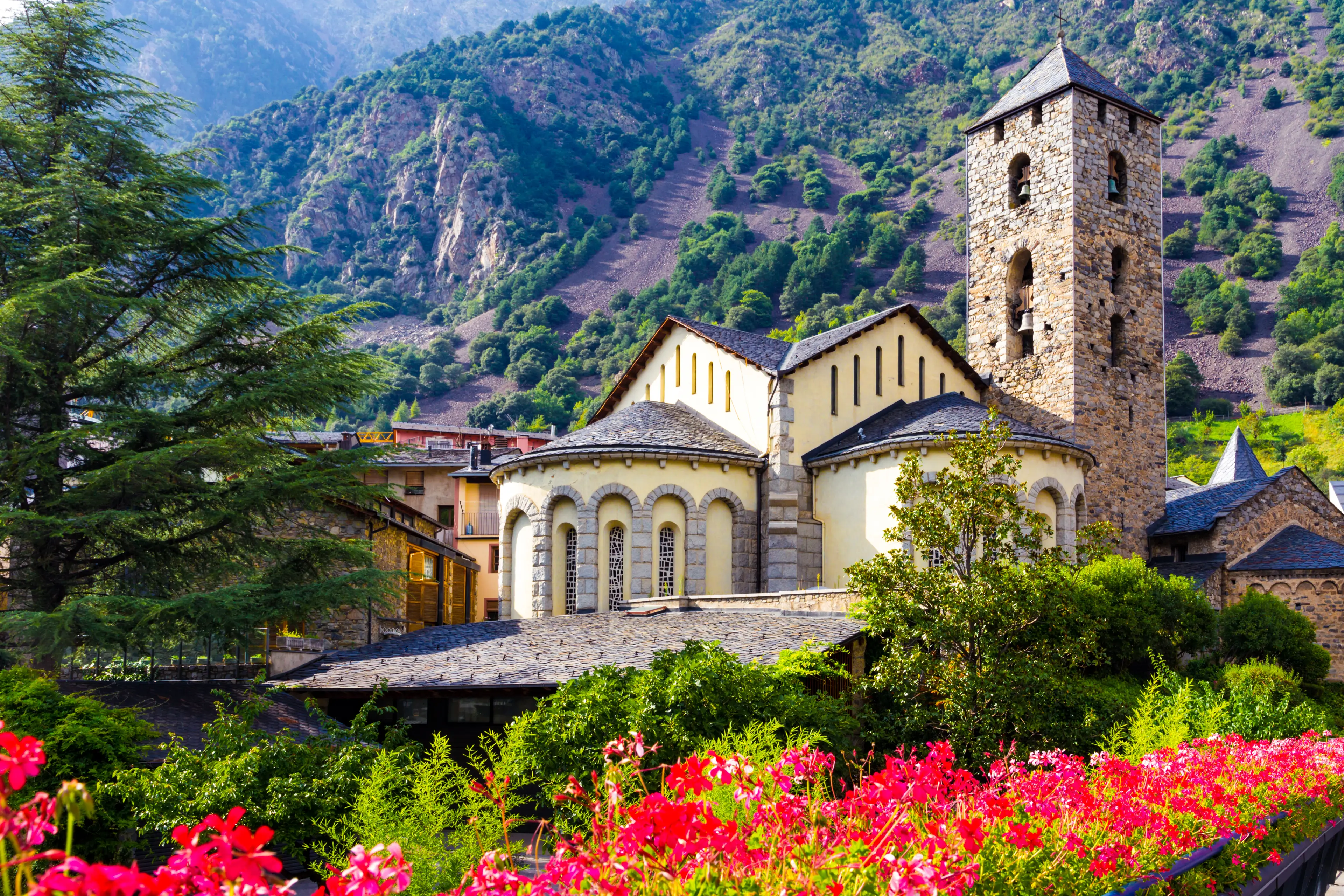
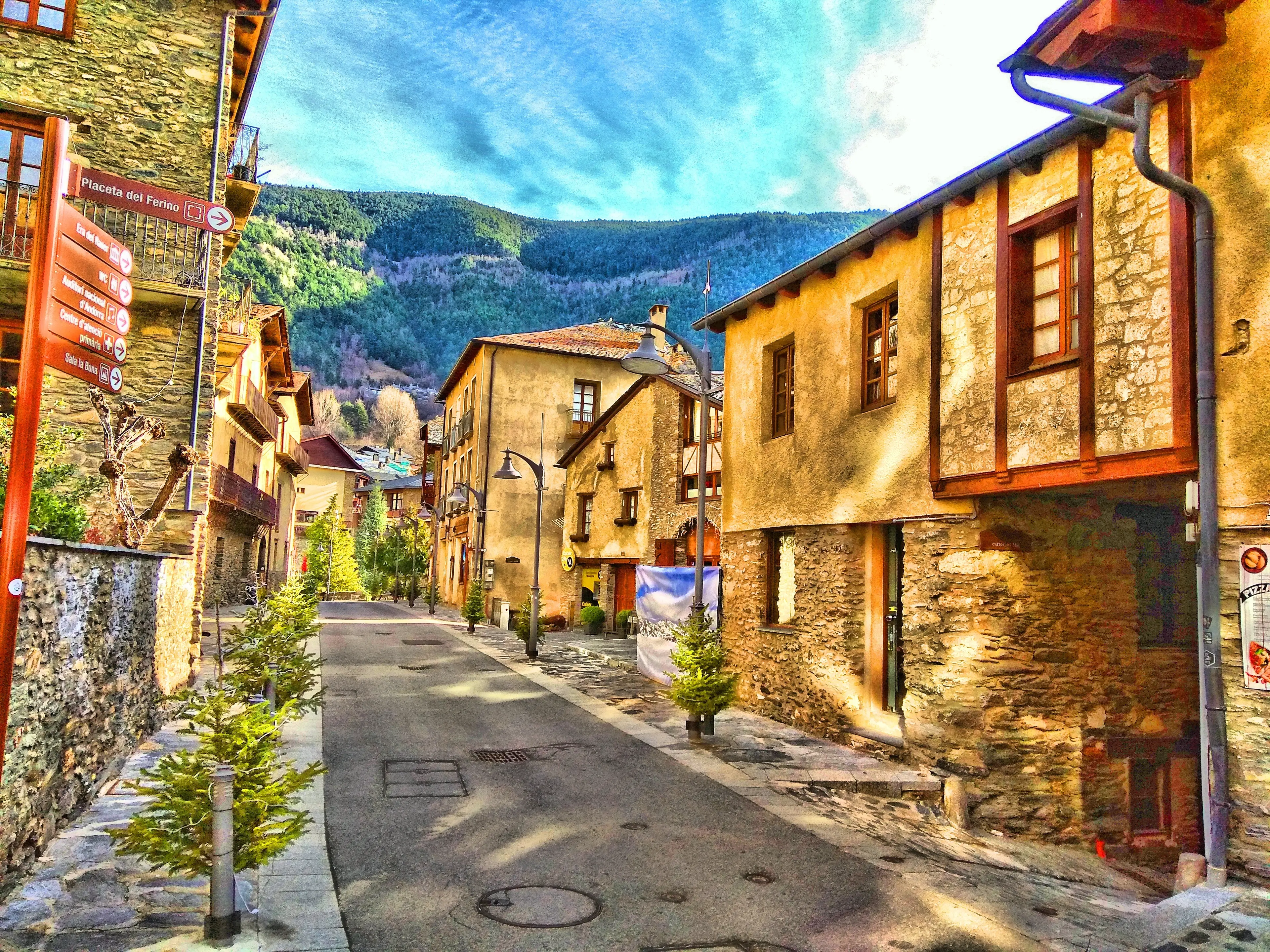
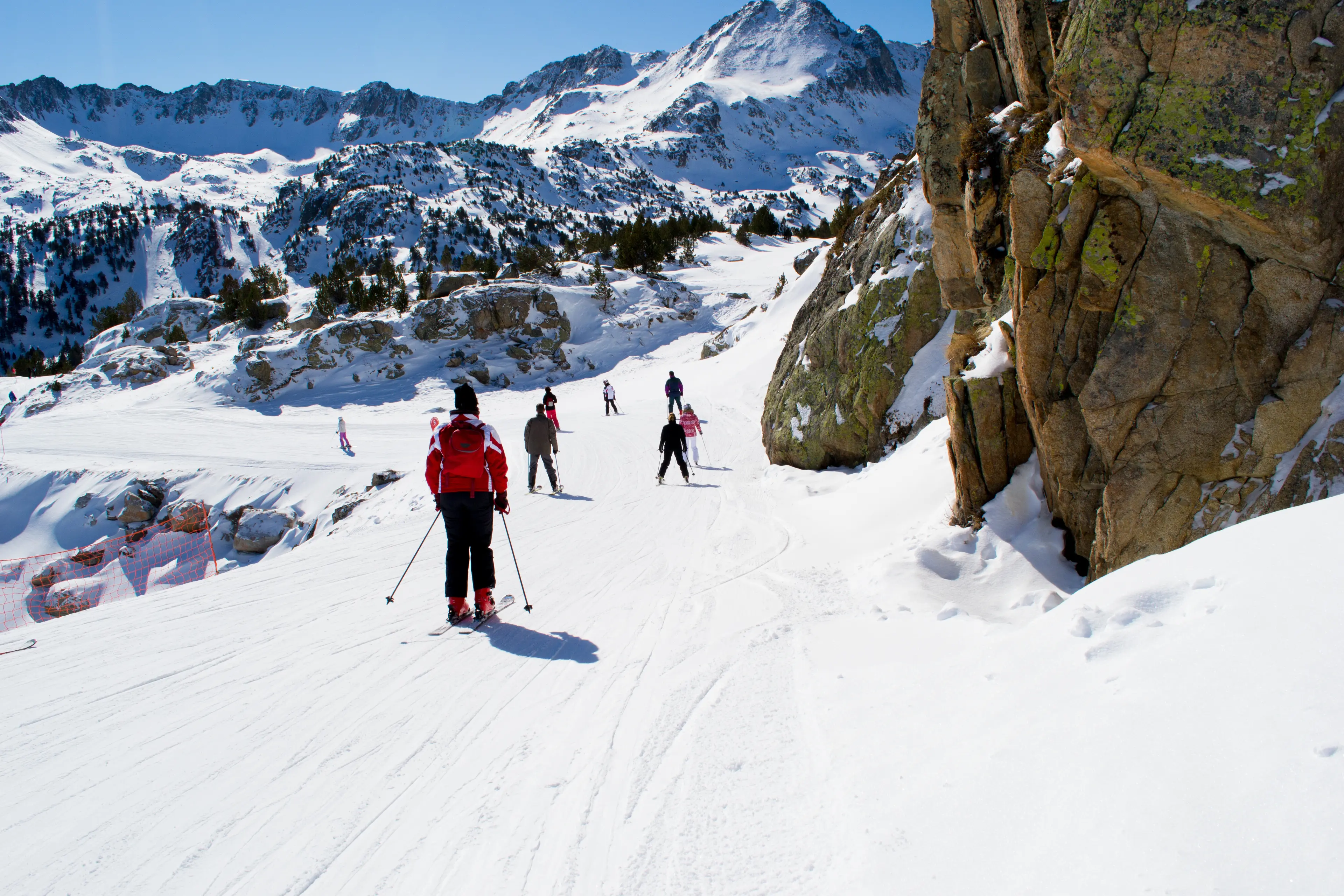
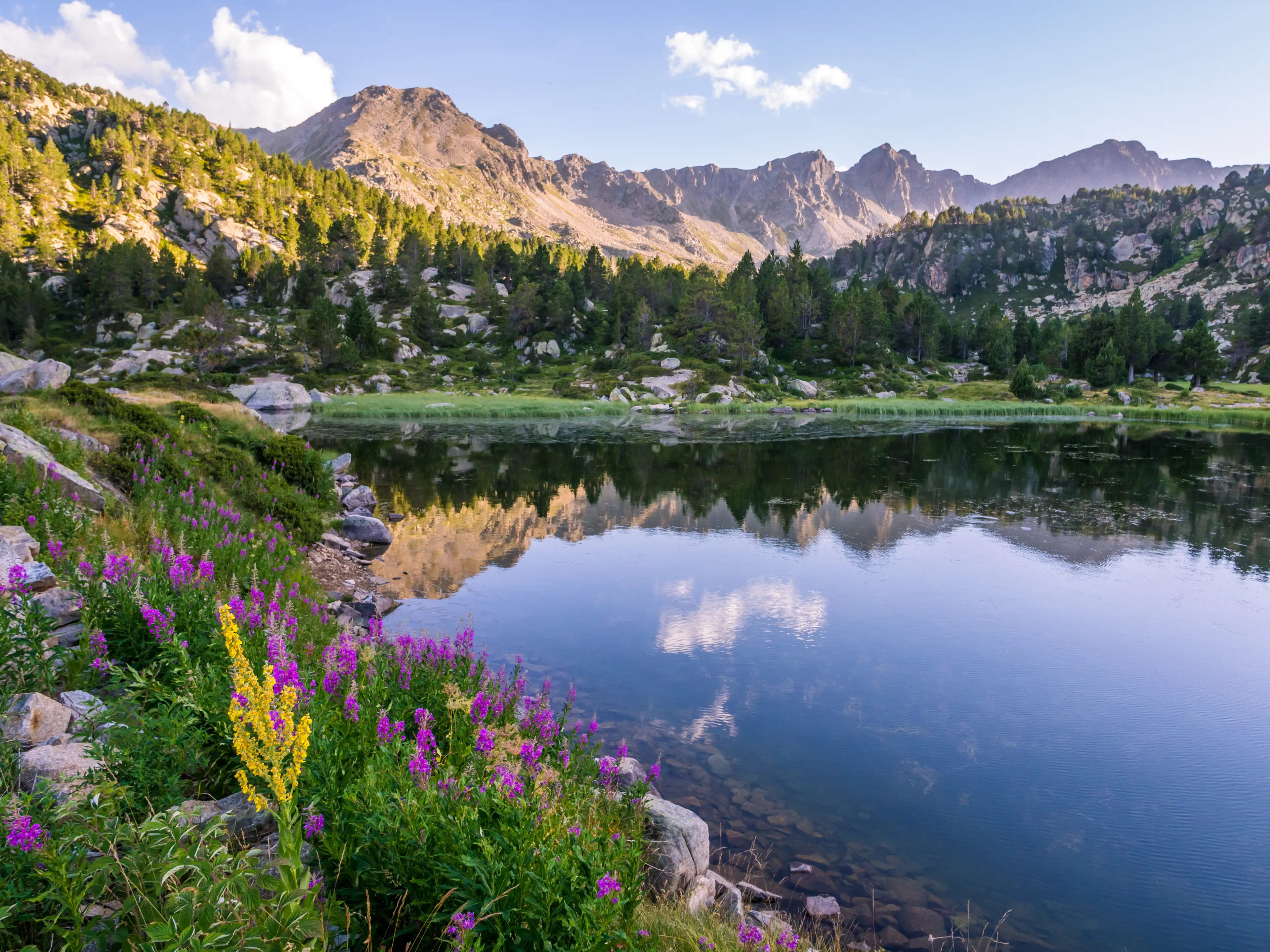
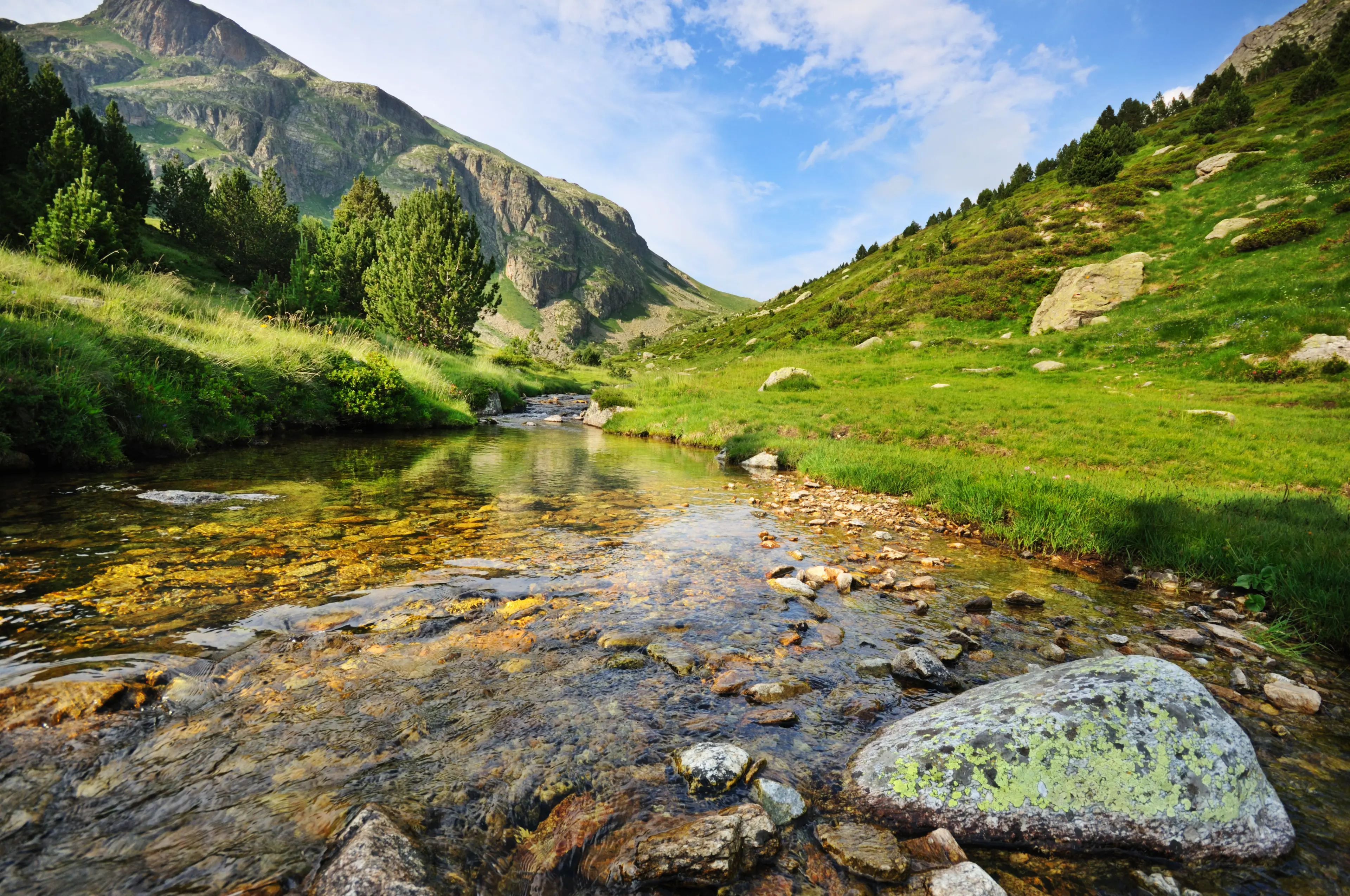
About Andorra
Nestled between Spain and France, Andorra is a hidden gem offering a unique blend of cultural richness and natural beauty. This tiny principality is renowned for its ski resorts, duty-free shopping, and thermal spas. Its capital, Andorra la Vella, is Europe's highest capital city, offering stunning views and historic sites like the 12th-century Church of Santa Coloma. Beyond the city, explore the rugged mountain trails of Coma Pedrosa Nature Reserve or the tranquil Madriu-Perafita-Claror Valley, a UNESCO World Heritage site. Andorra's cuisine is a delightful fusion of Catalan, French, and Italian influences. Despite its small size, Andorra's vibrant festivals, outdoor adventures, and historical treasures make it a must-visit destination for all types of travelers.
3-Day Itinerary
Day 2
Experiencing the Culture and Outdoor Activities of Andorra
Morning
Begin your second day with a visit to the Church of Sant Esteve, a Romanesque church that dates back to the 12th century.
Lunch
Have lunch in a local restaurant. Try the Trinxat, a traditional Andorran dish made of potatoes, cabbage, and pork.
Afternoon
Spend the afternoon exploring the Natural Park of the High Pyrenees. This park offers a variety of outdoor activities such as hiking, bird watching, and photography.
Dinner
Enjoy a dinner in a local restaurant, tasting the local cuisine paired with a glass of Andorran wine.
Evening
Spend the evening exploring the local shops and boutiques in the city center. Andorra is known for its duty-free shopping.
Day 3
Discovering the Industrial Heritage and Religious Sites of Andorra
Morning
On your final day, visit the Iron Route, a cultural route that explores Andorra's historic iron industry. The route includes several museums and historical sites.
Lunch
Enjoy a final Andorran meal in a local restaurant. Try the Coques, a traditional Andorran pastry.
Afternoon
Spend your last afternoon in Andorra exploring the Meritxell Sanctuary, a modernist building that is an important religious site in Andorra.
Dinner
Have a farewell dinner in a local restaurant, enjoying the local cuisine and wines.
Evening
End your trip with a leisurely stroll around the city center, soaking in the beautiful views and the evening ambiance.
Attractions in Itinerary (6)
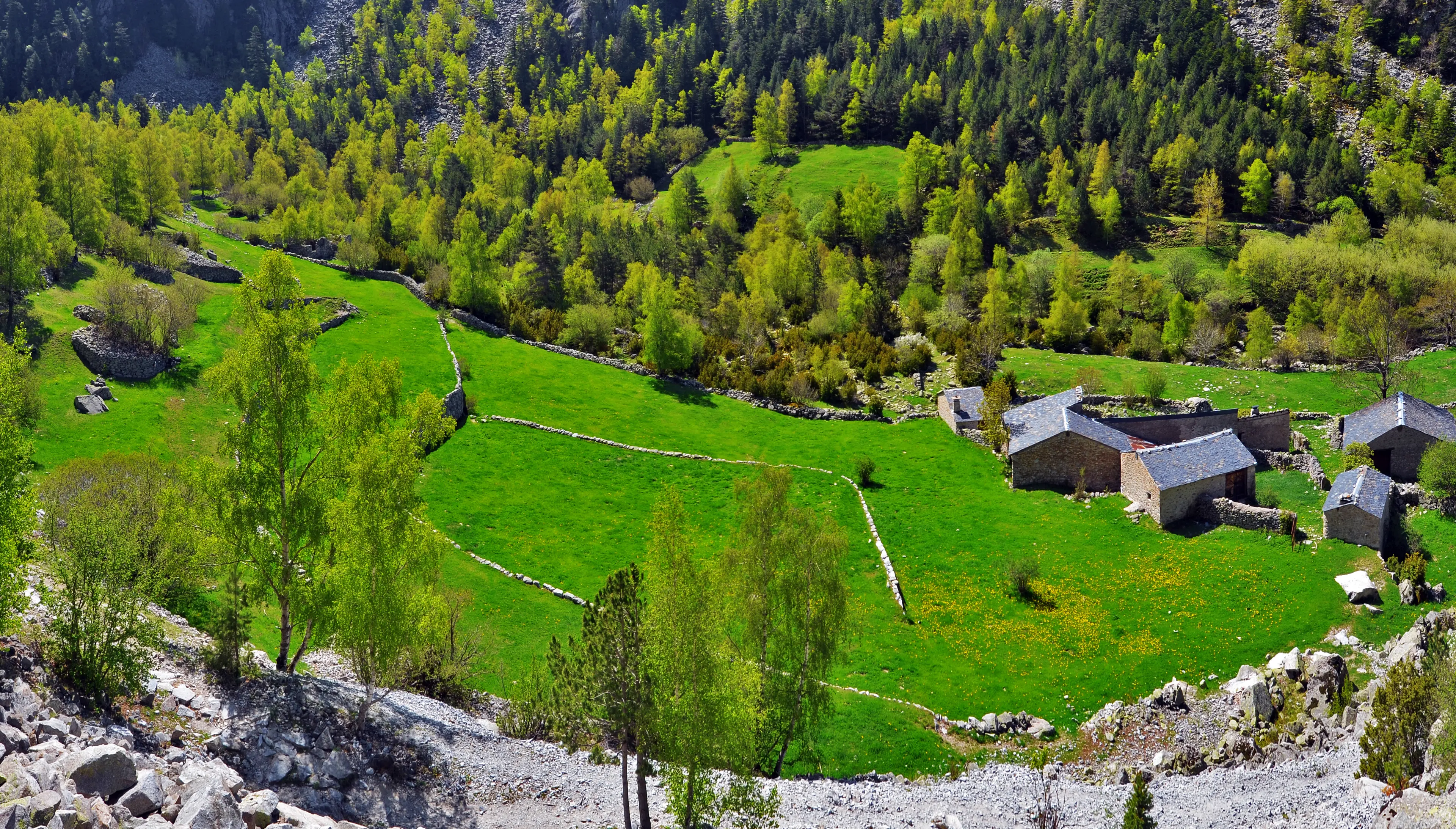
1Madriu-Perafita-Claror Valley
A UNESCO World Heritage site, this valley offers stunning natural beauty, hiking trails, and historical shepherd huts.
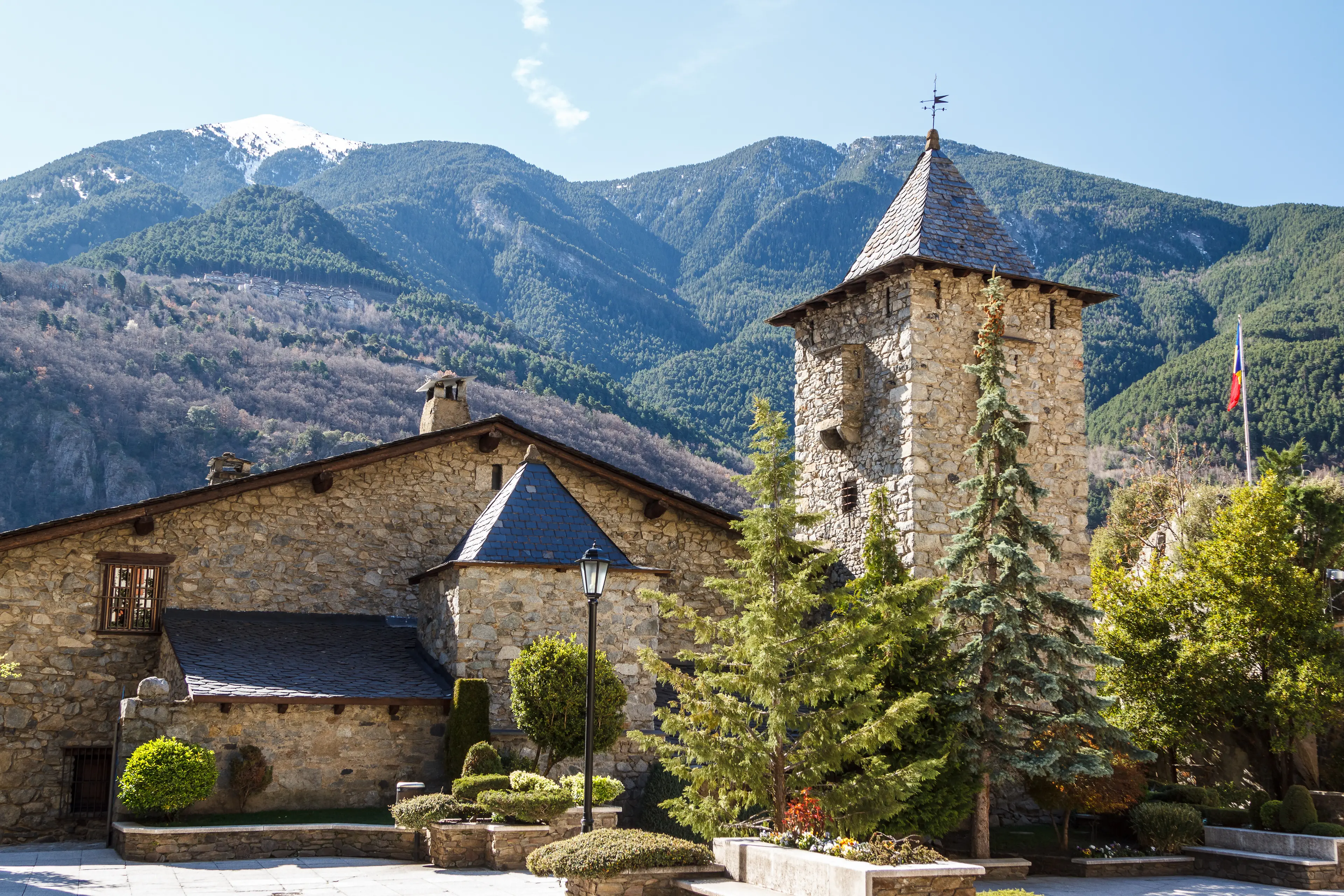
2Casa de la Vall
Casa de la Vall is a historical house in Andorra la Vella, Andorra. It is the headquarters of the General Council of Andorra. Built in 1580, the house is Andorra's oldest building, and is a popular tourist attraction.
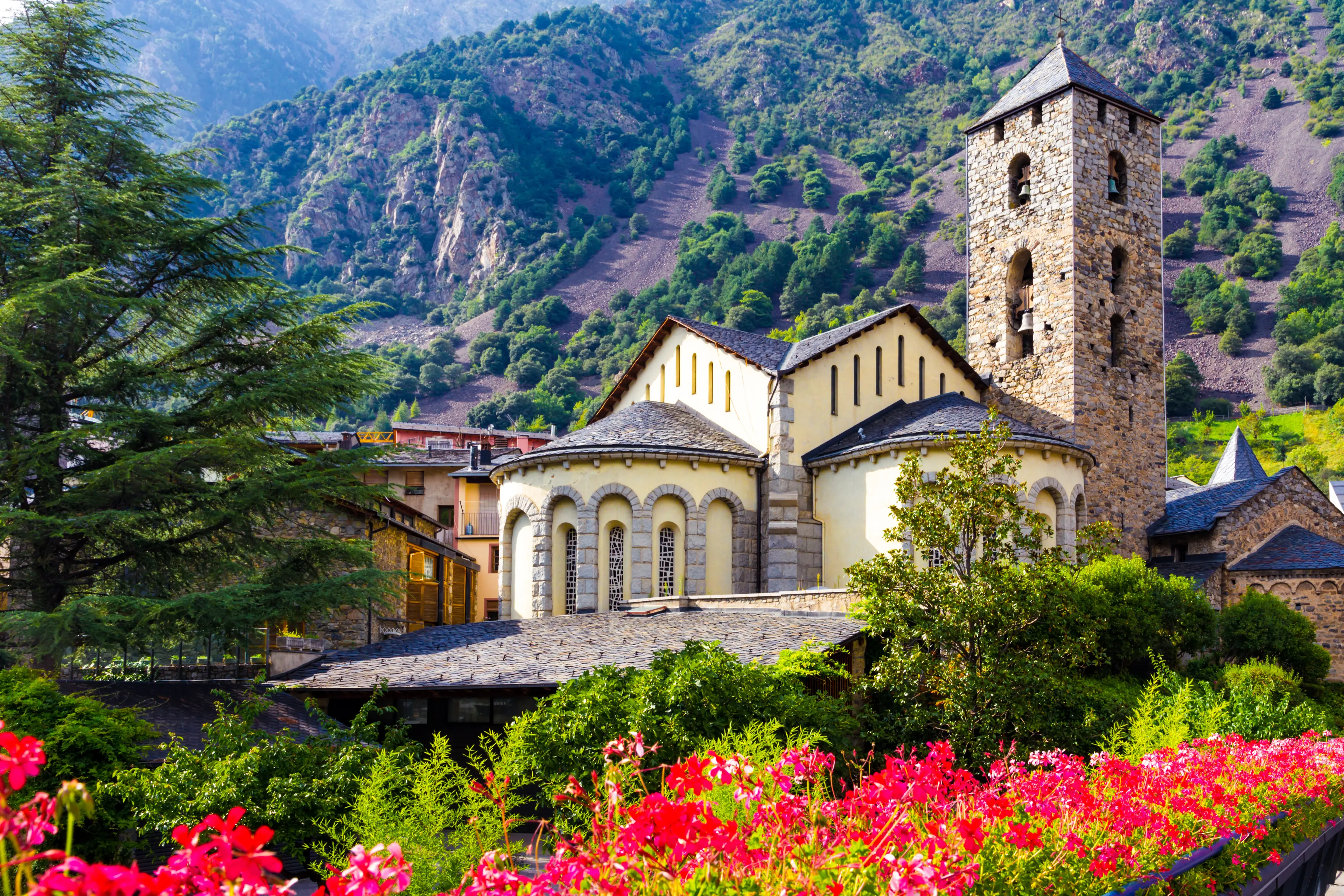
3Church of Sant Esteve
The Church of Sant Esteve is a Romanesque church located in the old town of Andorra la Vella. It was built in the 12th century and later extended in the 20th century. It is one of the most emblematic monuments in the country.
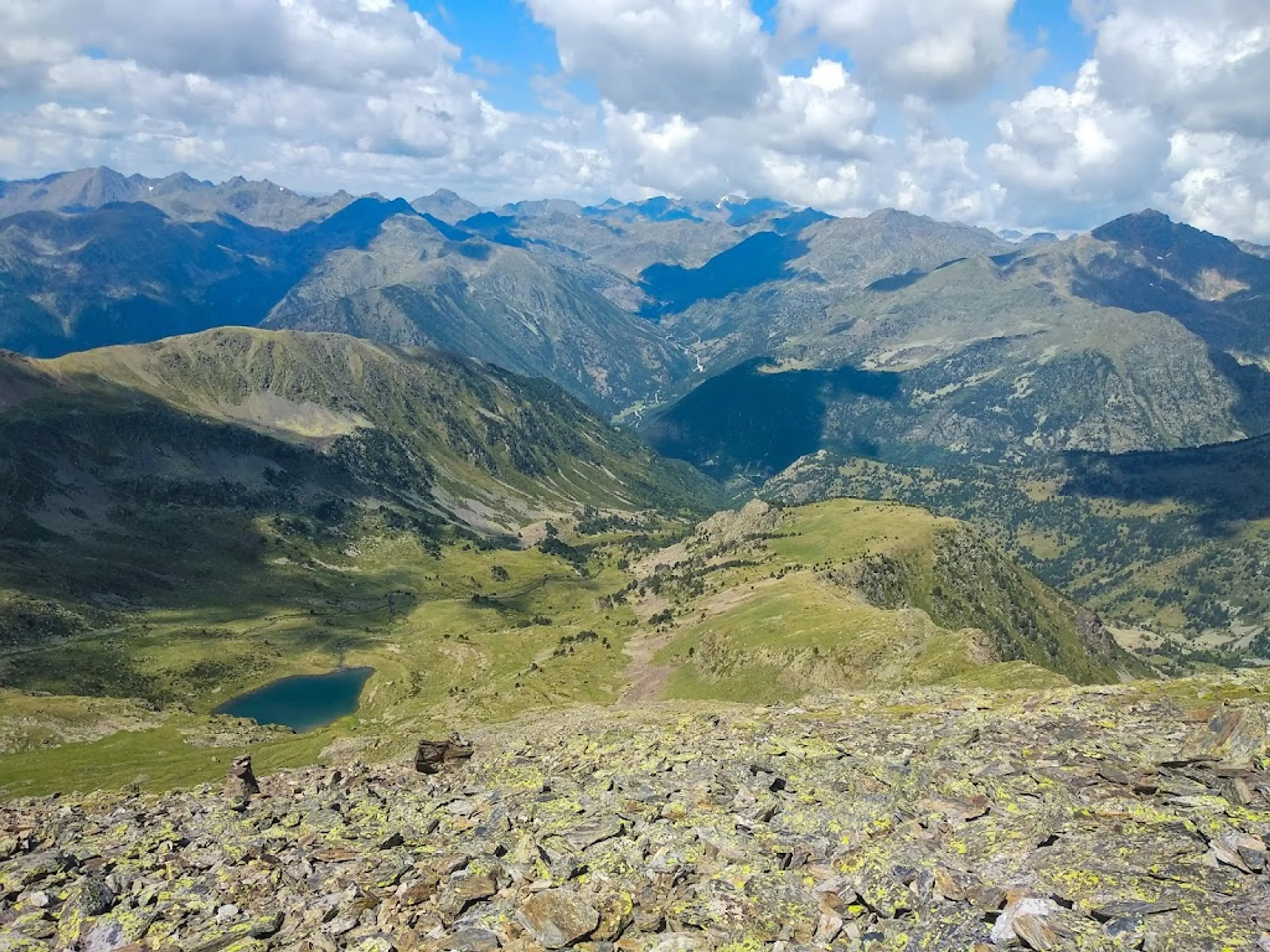
4Natural Park of the High Pyrenees
The Natural Park of the High Pyrenees is the largest natural park in Andorra. It offers a variety of outdoor activities such as hiking, bird watching, and skiing. It is home to diverse flora and fauna and offers stunning views of the Pyrenees.
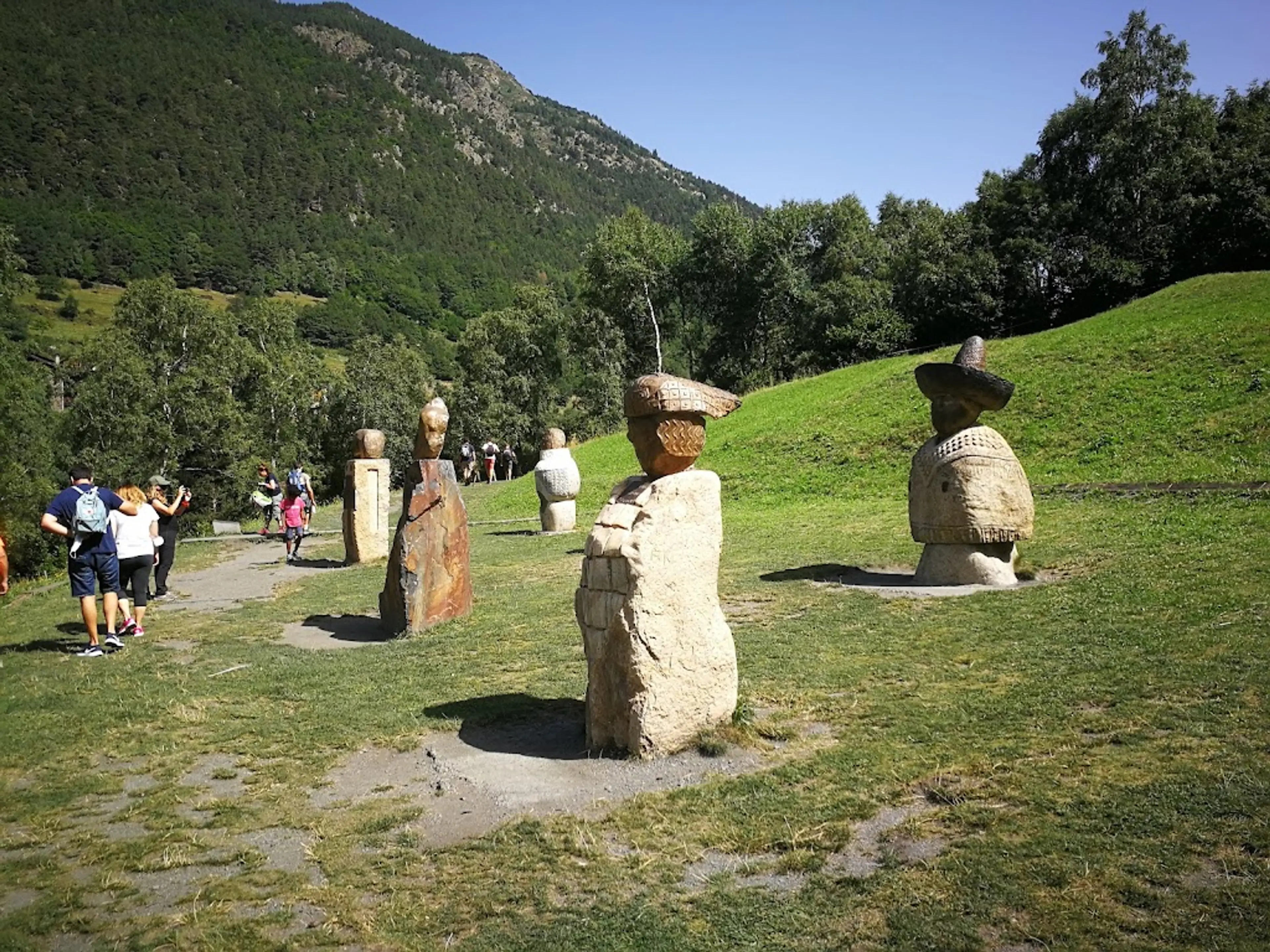
5Iron Route
The Iron Route is a cultural journey through Andorra's industrial past, focusing on the iron industry. The route includes museums, old iron mines and forges, and interpretive centers.
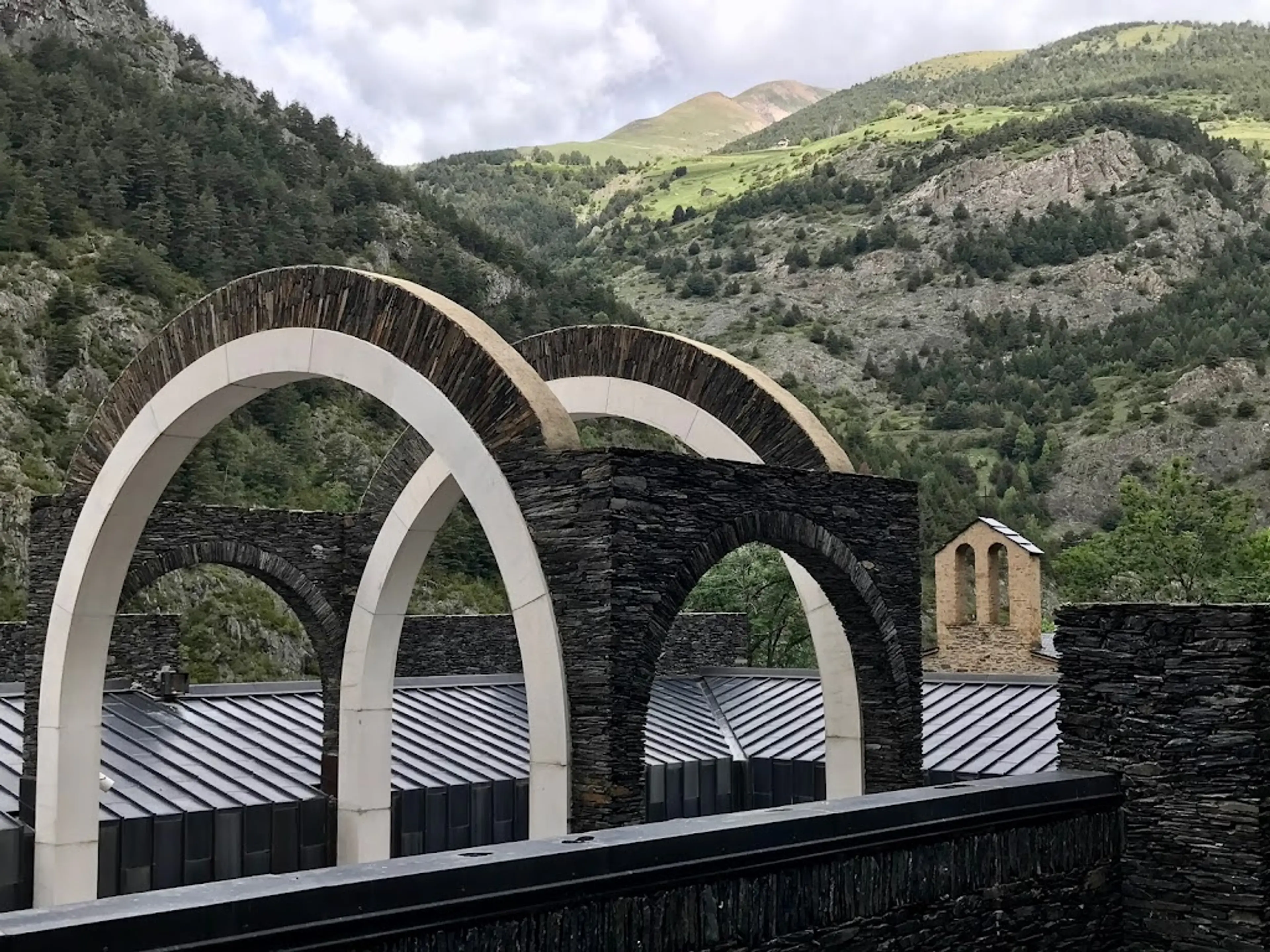
6Meritxell Sanctuary
The Meritxell Sanctuary is a modernist building designed by the famous Catalan architect Ricard Bofill. It is dedicated to the patron saint of Andorra, Our Lady of Meritxell. The sanctuary is a place of pilgrimage and an important cultural landmark.
Local Food and Drinks (12)
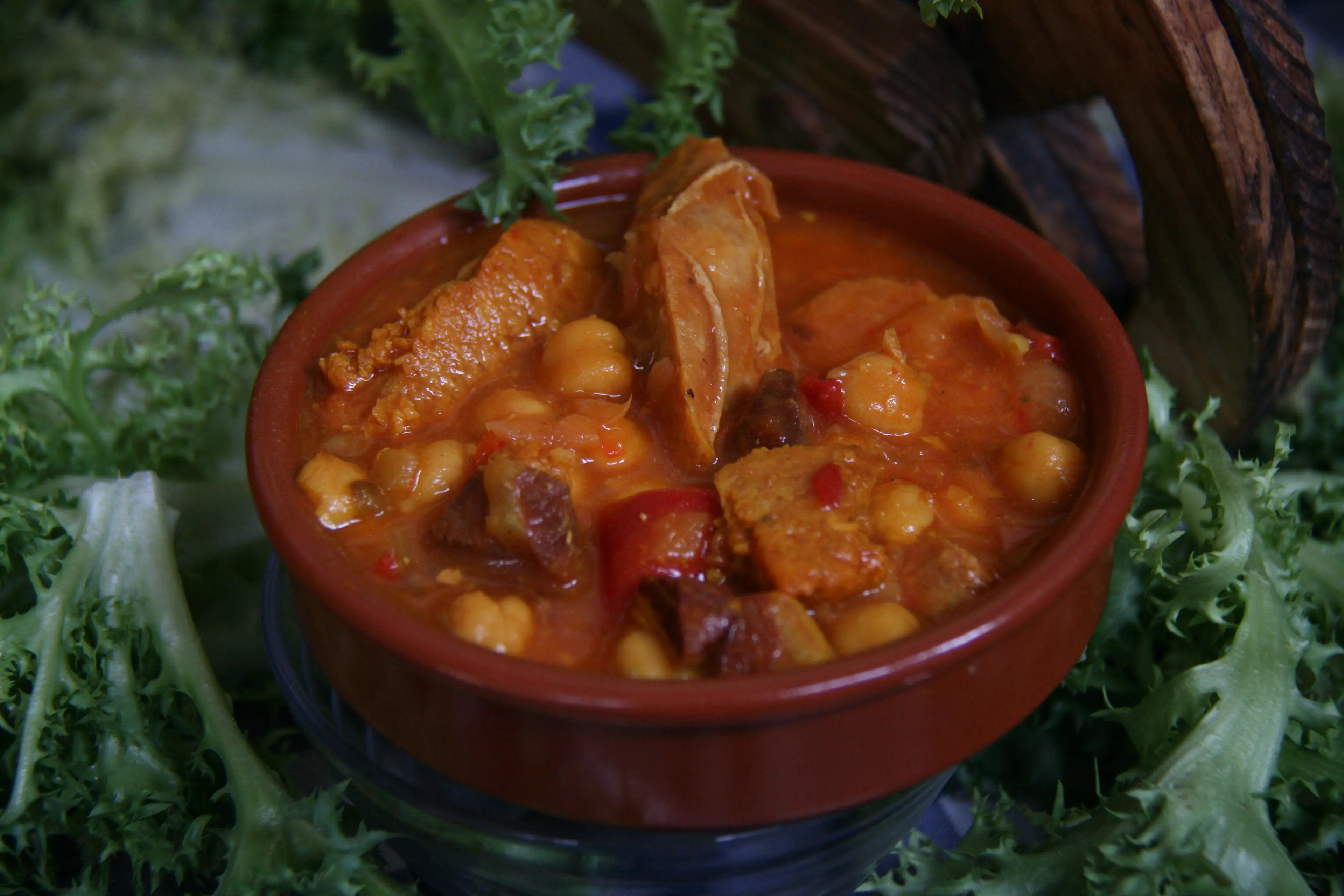
Escudella
A traditional Andorran stew made from gelatinous bone broth, pasta, and various meats including butifarra sausage, chicken, and veal. It's a hearty dish often enjoyed during the winter months.

Trinxat
A popular Andorran dish made from boiled potatoes and cabbage that are mashed together and then fried with garlic and bacon. It's a comfort food that showcases the country's agricultural products.
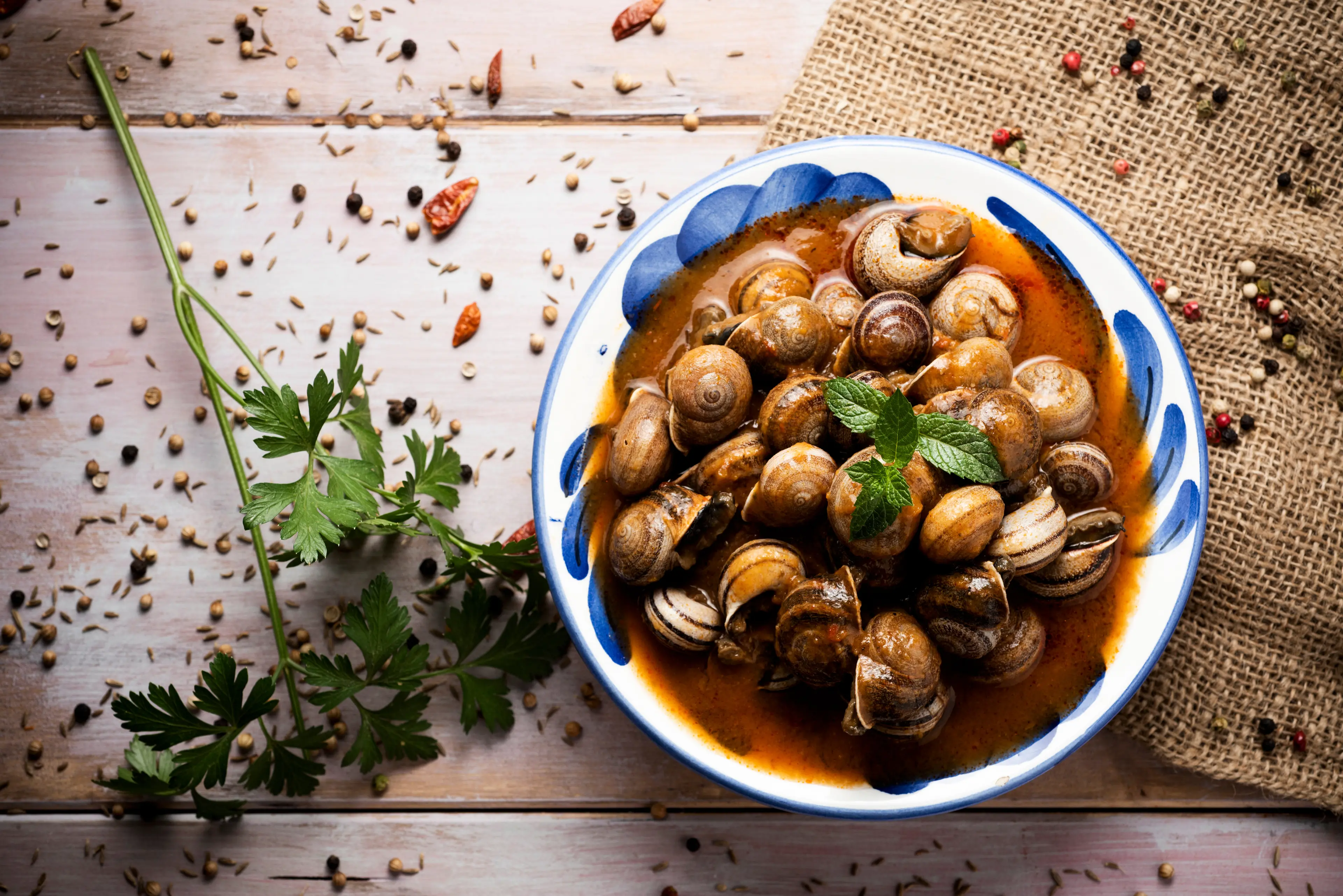
Cargols
A dish of snails cooked in a savory sauce. It's a delicacy in Andorra and is often enjoyed as an appetizer or a main course.

Botifarra
A type of sausage that is a staple in Andorran cuisine. It can be made from a variety of meats and is often served with white beans.

Coques
A traditional Andorran dessert that is similar to a thin, crispy pizza. It can be topped with a variety of ingredients, including sugar, cream, and fruit.
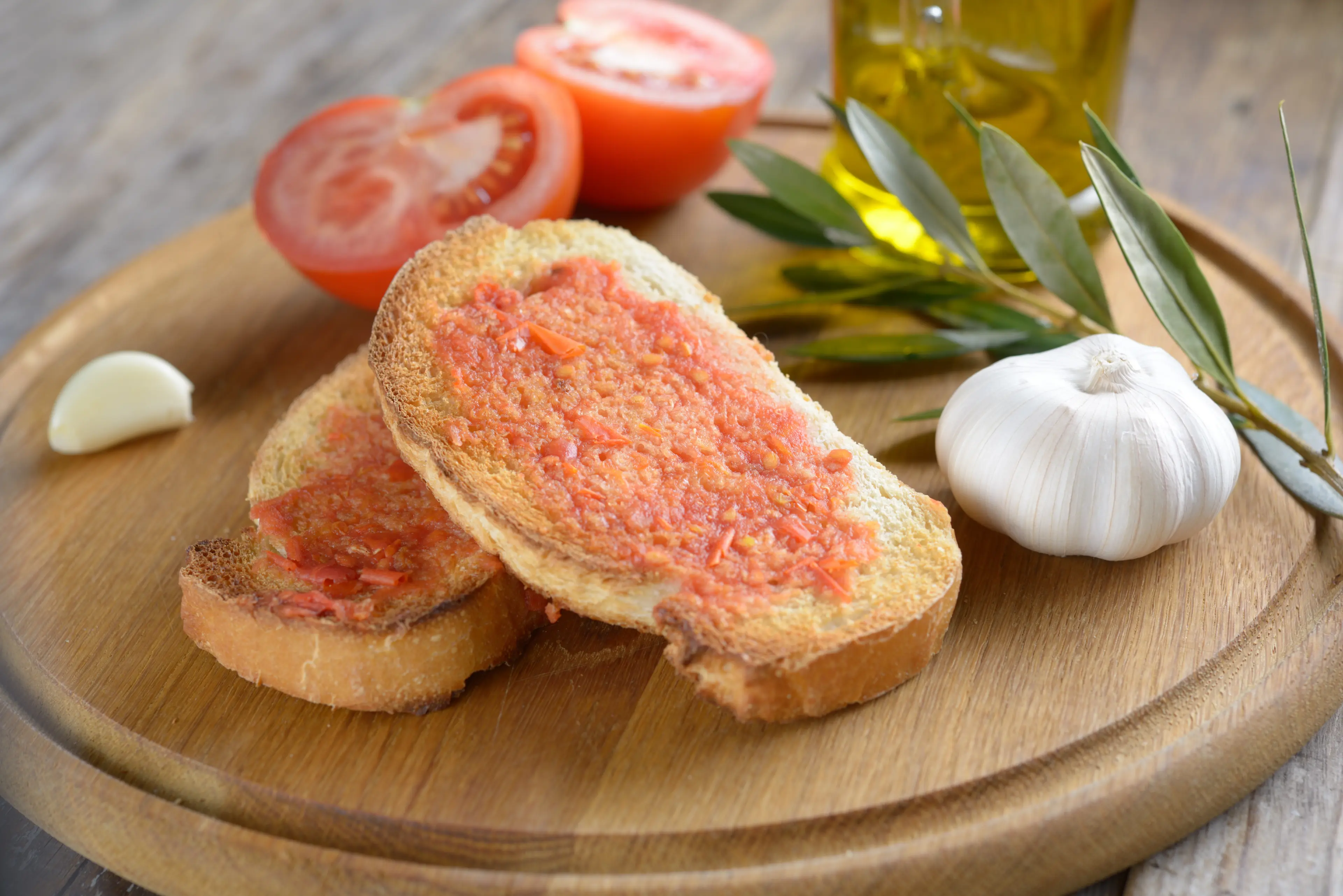
Pa amb tomàquet
A simple yet delicious dish made from bread that is rubbed with ripe tomatoes and drizzled with olive oil. It's a common appetizer in Andorra and is often served with meals.
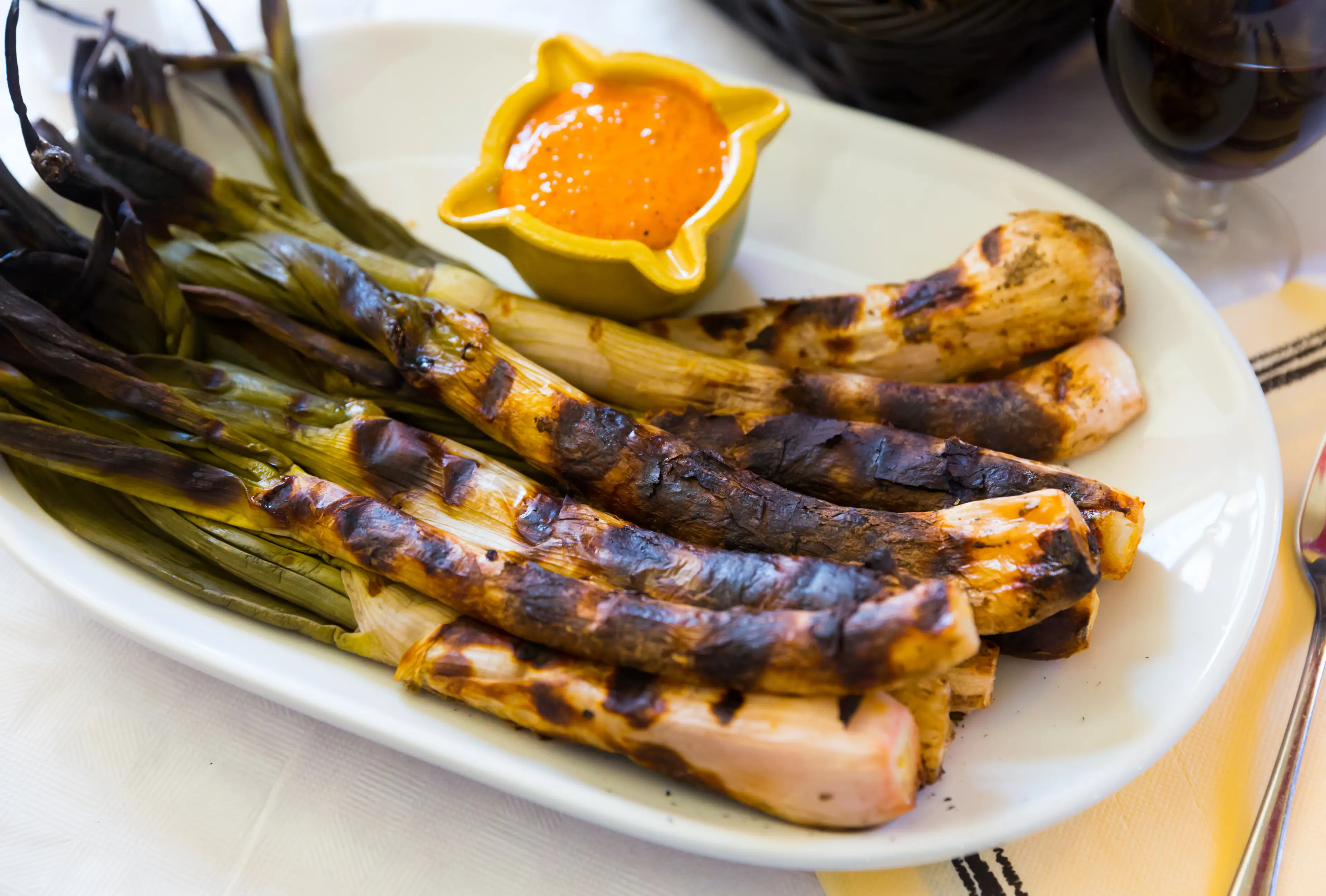
Calçots
Large spring onions that are grilled and served with a special sauce called 'romesco'. It's a seasonal dish in Andorra, typically enjoyed during the 'Calçotada' festival in late winter or early spring.
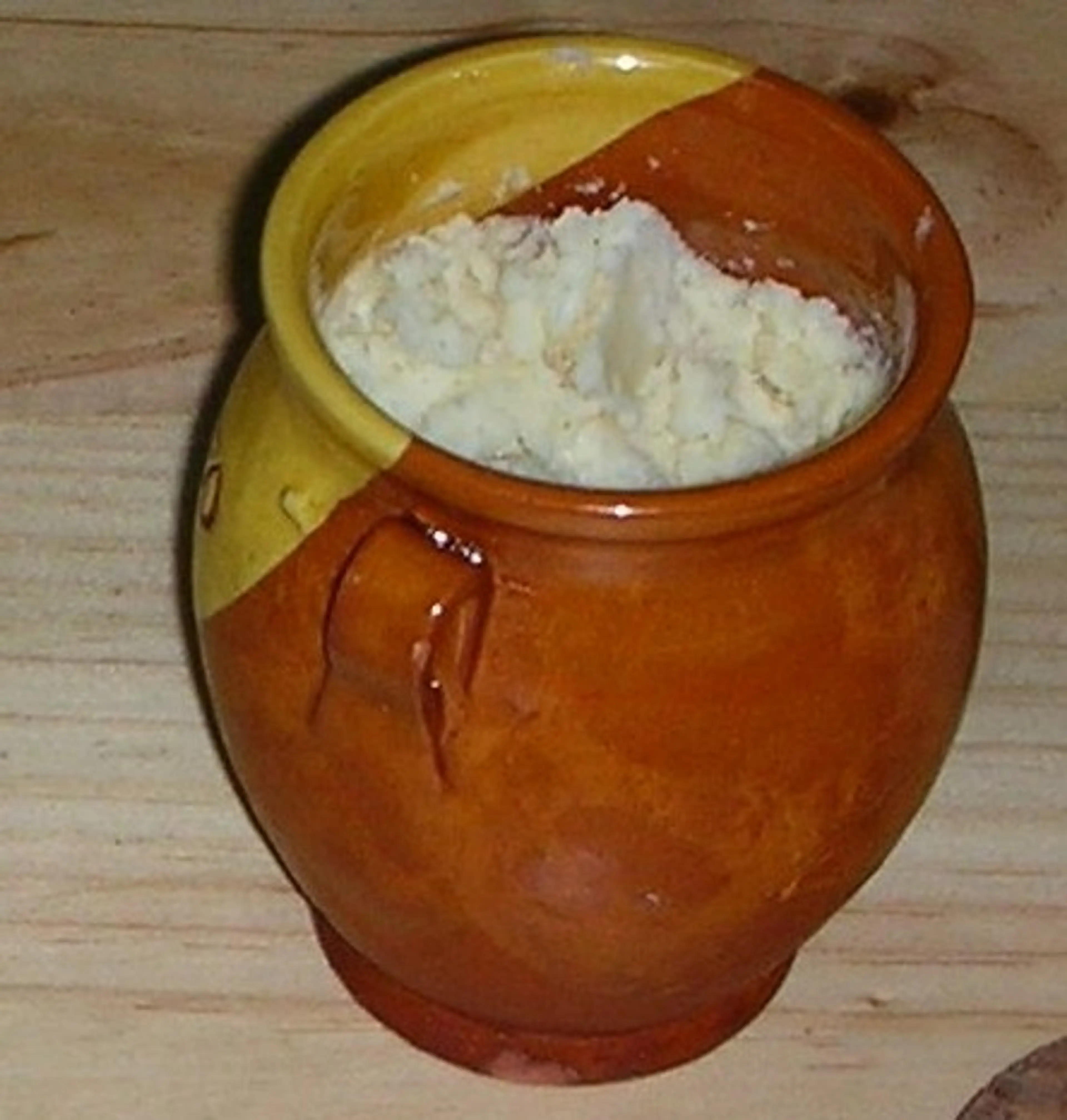
Formatge de tupí
A traditional Andorran cheese made from sheep's milk and fermented in a clay pot. It's a strong, creamy cheese often enjoyed with bread or used in cooking.
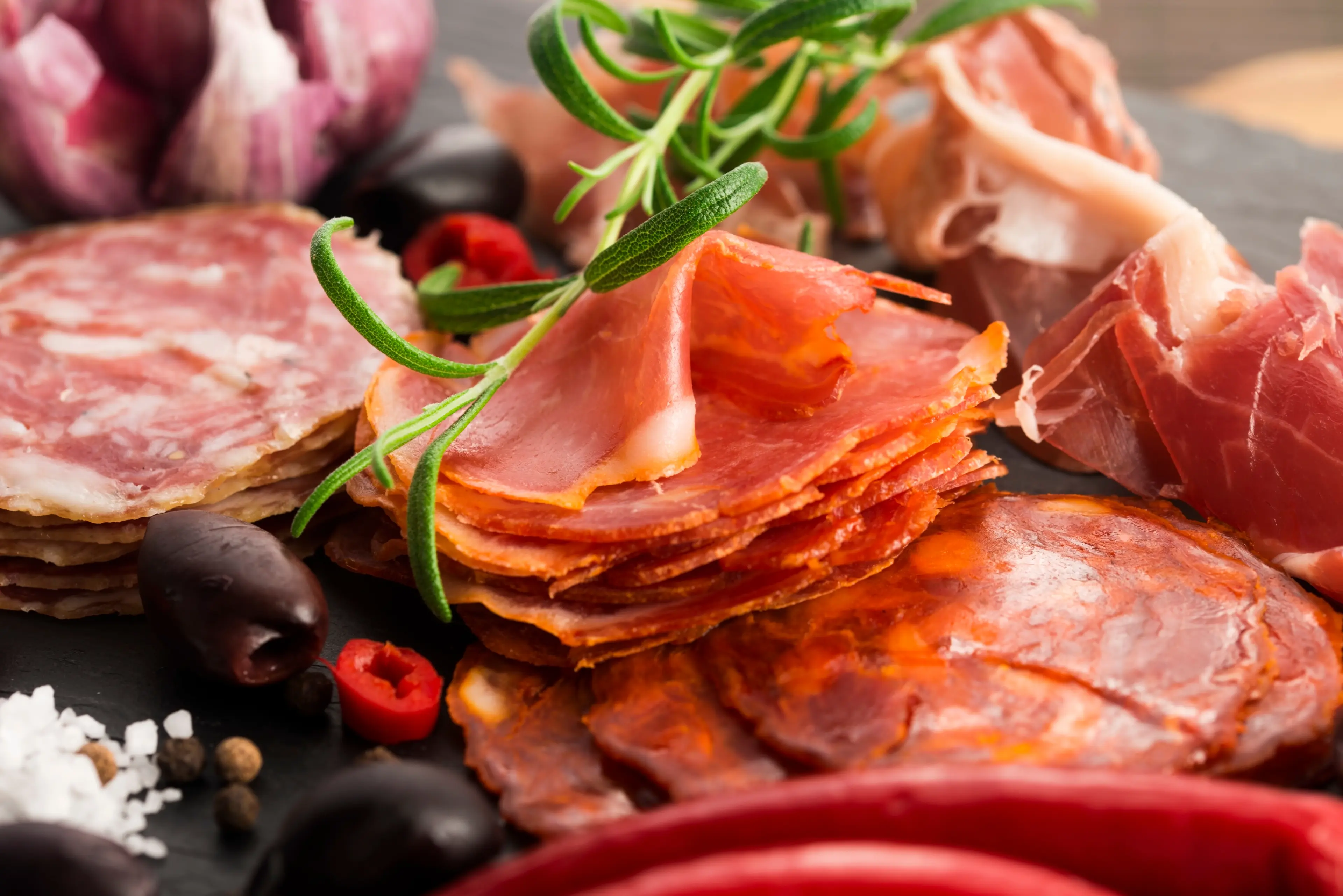
Embotits
A variety of cured meats that are a staple in Andorran cuisine. This can include sausages, ham, and salami, all of which are often enjoyed as part of a charcuterie board.

Cava
A sparkling wine from the Catalonia region, which is close to Andorra. It's often enjoyed as an aperitif or paired with meals.
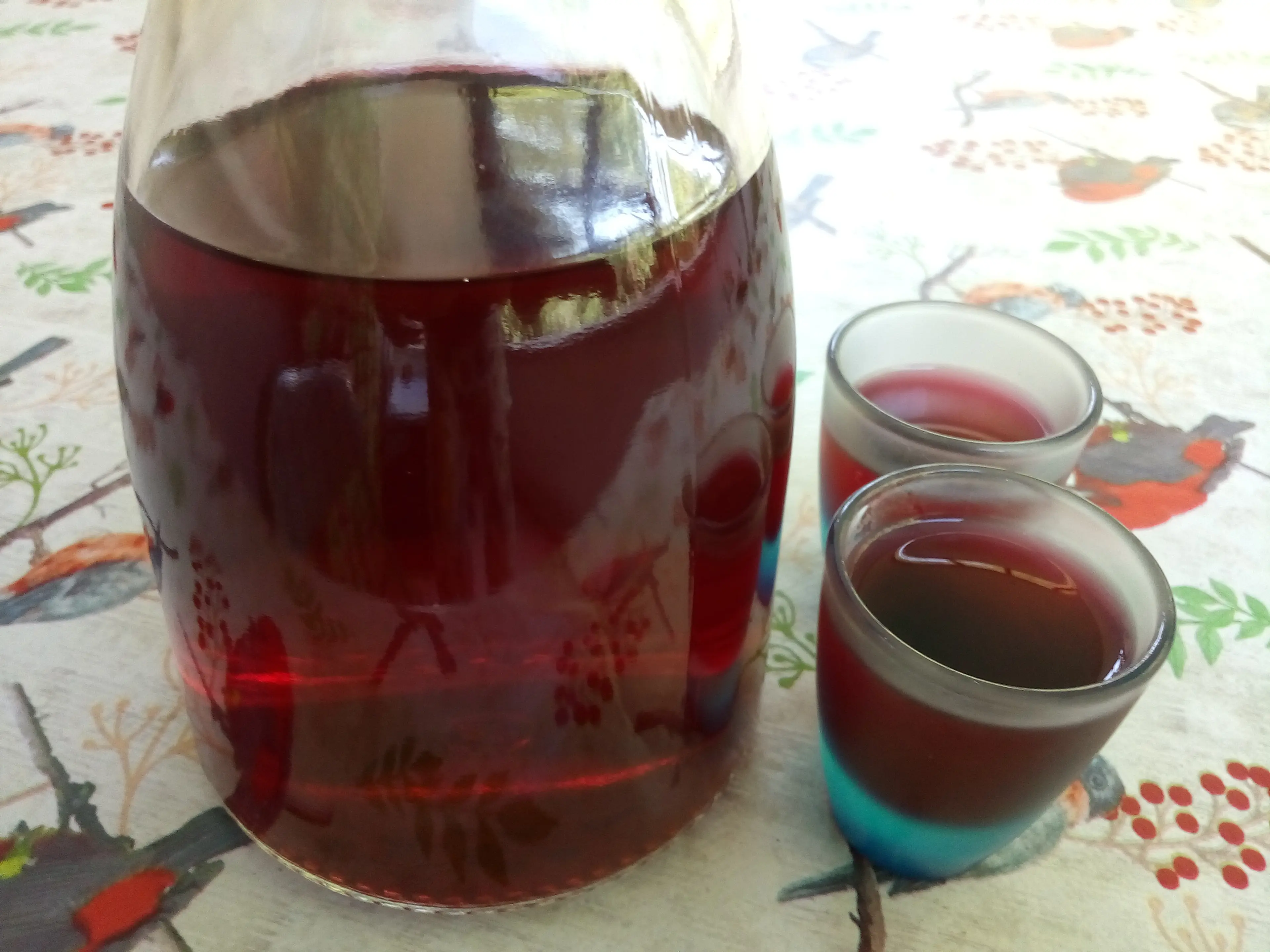
Ratafia
A homemade liqueur made from green walnuts, herbs, and spices. It's a traditional Andorran drink often enjoyed as a digestif after meals.

Vi de Gel
A sweet dessert wine made from grapes that have been frozen while still on the vine. It's a specialty of the region and is often enjoyed with dessert or cheese.
Best time to visit
The best time to visit Andorra largely depends on the type of activities you're interested in. If you're a fan of winter sports like skiing or snowboarding, the ideal time to visit is from December to April when the country's ski resorts are in full swing. However, if you prefer hiking, sightseeing, and warmer weather, the summer months from June to September would be more suitable. The temperatures during this time are pleasant, and the mountains are perfect for outdoor activities. Autumn, particularly October and November, is also a great time to visit for those who enjoy the fall foliage.
How to get around
Bus
Andorra has a comprehensive and efficient bus system that connects all the major towns and villages. The buses are modern, comfortable, and punctual. They are an excellent way to explore the country and take in the beautiful scenery.
Taxi
Taxis are readily available in Andorra and can be hailed on the street or booked in advance. They offer a convenient and comfortable way to get around, especially if you're traveling with a lot of luggage or in a group.
Car Rental
Renting a car is a popular option for getting around Andorra. The country has an excellent network of well-maintained roads and highways, and driving allows you to explore at your own pace. International driving licenses are accepted.
Ridesharing
Ridesharing services are not widely available in Andorra. However, carpooling is common, especially among locals and tourists heading to the ski resorts. It's a cost-effective and environmentally friendly way to travel.
Walking
Andorra is a small country and many of its towns and villages are compact and pedestrian-friendly. Walking is a great way to explore and experience the local culture. However, keep in mind that Andorra is a mountainous country and some areas can be steep.
Bicycle
Cycling is a popular activity in Andorra, both for transportation and recreation. There are numerous bike rental shops and many hotels offer bike rental services. The country has a network of cycling routes that cater to all levels of fitness and experience.
Ski Lifts
During the winter months, ski lifts are a common mode of transportation in Andorra, especially in the ski resort areas. They offer a convenient way to get up the mountains and enjoy the stunning views.
Private Transfer
For a more luxurious and hassle-free travel experience, private transfers can be arranged. These services offer door-to-door transportation in a private vehicle, often with a personal driver. Ideal for airport transfers, trips to the ski resorts, or simply getting around town.
Important information
Currency€ EUR
Time zoneUTC+1
Driving sideRight
Emergency phoneEurope-wide emergency response number 112; Ambulance: 118; Fire: 118; Police: 110
Drinking waterOpt for bottled water
Power sockets
Voltage230 V
Things to know about Andorra as a first time visitor
1
Andorra is a small, mountainous country in the Pyrenees, located between France and Spain.
2
The official language is Catalan, but Spanish, French, and English are also widely spoken.
3
Andorra uses the Euro (€) as its official currency.
4
Andorra is a duty-free haven, making it a great place to shop for luxury goods, alcohol, and tobacco.
5
Despite its small size, Andorra has a high standard of living and is known for its excellent healthcare system.
6
Andorra is not a member of the European Union, but it does have a special relationship with it, which allows it to use the Euro.
7
The country has a high altitude, so it's important to stay hydrated and take it easy when you first arrive to avoid altitude sickness.
8
Andorra is a popular destination for skiing and snowboarding, with a long winter season that typically runs from December to April.
9
The weather in Andorra can be unpredictable, so it's a good idea to pack layers. Summers are usually warm with temperatures ranging from 70-80°F (21-27°C), while winters can be very cold with temperatures often dropping below freezing.
10
Tipping is not obligatory in Andorra, but it is customary to leave a small tip for good service.
11
Andorra is one of the safest countries in the world, with a very low crime rate.
12
Public transportation is limited in Andorra, so renting a car is the best way to get around.
13
Andorra is not part of the Schengen Agreement, so you may need a visa to visit, depending on your nationality.
14
Andorra has a unique cuisine that blends Catalan, French, and Spanish influences. Be sure to try local dishes like escudella (a hearty stew) and trinxat (a cabbage and potato dish).
15
Andorra is a great destination for outdoor activities, with opportunities for hiking, mountain biking, and climbing in the summer.
16
The tap water in Andorra is safe to drink.
17
Andorra is known for its thermal spas, the most famous of which is Caldea in the capital, Andorra la Vella.
18
Andorra has a high cost of living compared to many other countries, so budget accordingly.
19
Despite its small size, Andorra has a rich history and culture, with many festivals and events throughout the year.
20
Andorra operates on Central European Time (CET) and observes daylight saving time.
Packing List
Clothing
Underwear
Socks
T-shirts
Pants/Jeans
Sweater or Jacket
Pajamas
Comfortable walking shoes
Swimsuit
Hat/Cap
Sunglasses
Gloves and Scarf (if winter)
Toiletries
Toothbrush and Toothpaste
Shampoo and Conditioner
Body Wash/Soap
Deodorant
Razor and Shaving Cream
Makeup and Makeup Remover
Sunscreen
Lip Balm
Hand Sanitizer
Travel-sized First Aid Kit
Travel documents and essentials
Passport/ID
Flight Tickets
Hotel Reservation Confirmation
Travel Insurance Documents
Credit/Debit Cards
Cash in local currency
Emergency Contacts and Addresses
Maps and Guidebooks
Electronics and gadgets
Smartphone
Charger for Smartphone
Power Bank
Headphones/Earbuds
Camera
Charger for Camera
Travel Adapter
E-reader/Tablet (optional)
Miscellaneous items
Snacks
Water Bottle
Travel Pillow and Blanket
Books/Magazines for entertainment
Travel-sized Laundry Detergent
Ziplock Bags
Umbrella
Notebook and Pen
Weather Conditions
When planning a trip to Andorra, it's important to consider the weather as it can greatly impact your activities. Andorra experiences a high mountain climate with Mediterranean influences, which means you can expect cold winters and mild summers. During winter, from December to February, Andorra becomes a winter wonderland with temperatures often dropping below freezing, around -2°C to 8°C (28°F to 46°F). This is the best time for winter sports enthusiasts to visit as the country is famous for its ski resorts. However, be prepared for heavy snowfall and ensure you have appropriate winter gear. In contrast, summer, from June to August, is mild and pleasant with temperatures ranging from 20°C to 30°C (68°F to 86°F). This is the perfect time for hiking, mountain biking, and exploring the beautiful landscapes of Andorra. However, summer can also bring occasional thunderstorms, so it's advisable to pack a raincoat or umbrella. Spring and autumn are transitional seasons with variable weather. During these periods, temperatures can range from 10°C to 20°C (50°F to 68°F). These seasons can be a great time to visit if you prefer less crowded tourist spots and cooler temperatures for outdoor activities. Regardless of when you visit, remember that Andorra's weather can change quickly due to its mountainous terrain. Always check the local forecast before heading out for the day and pack layers to accommodate sudden weather changes. Lastly, don't forget to protect yourself from the sun. Andorra's high altitude means the sun's rays are stronger, so always wear sunscreen, even in winter.
| Month | Hi / Lo (°C) | Weather Overview |
|---|---|---|
January | 6° / -2° | January is the coldest month in Andorra, with snowfall making it a perfect time for winter sports enthusiasts. |
February | 7° / -1° | February continues to be cold with frequent snowfall, ideal for skiing and snowboarding. |
March | 11° / 1° | March sees the start of spring with slightly warmer temperatures, but still expect some snowfall. |
April | 15° / 3° | April offers a mix of spring weather with occasional snowfall, making it a great time for both skiing and hiking. |
May | 20° / 6° | May brings warmer temperatures and the melting of snow, opening up more hiking and biking trails. |
June | 25° / 9° | June marks the start of summer with long sunny days, perfect for outdoor activities and exploring the countryside. |
July | 29° / 11° | July is the warmest month in Andorra, with plenty of sunshine and clear skies, ideal for hiking and sightseeing. |
August | 28° / 11° | August continues the summer heat but with occasional rainfall, still a good time for outdoor activities. |
September | 24° / 8° | September brings cooler temperatures and the start of fall, with beautiful autumn colors starting to appear. |
October | 17° / 5° | October sees more rainfall and cooler temperatures, a great time to enjoy the fall foliage. |
November | 11° / 1° | November is a transition month with the start of winter, expect colder temperatures and the first snowfall. |
December | 7° / -1° | December is a winter month with snowfall, making it a perfect time for winter sports like skiing and snowboarding. |
Did you know?
Places near by Andorra
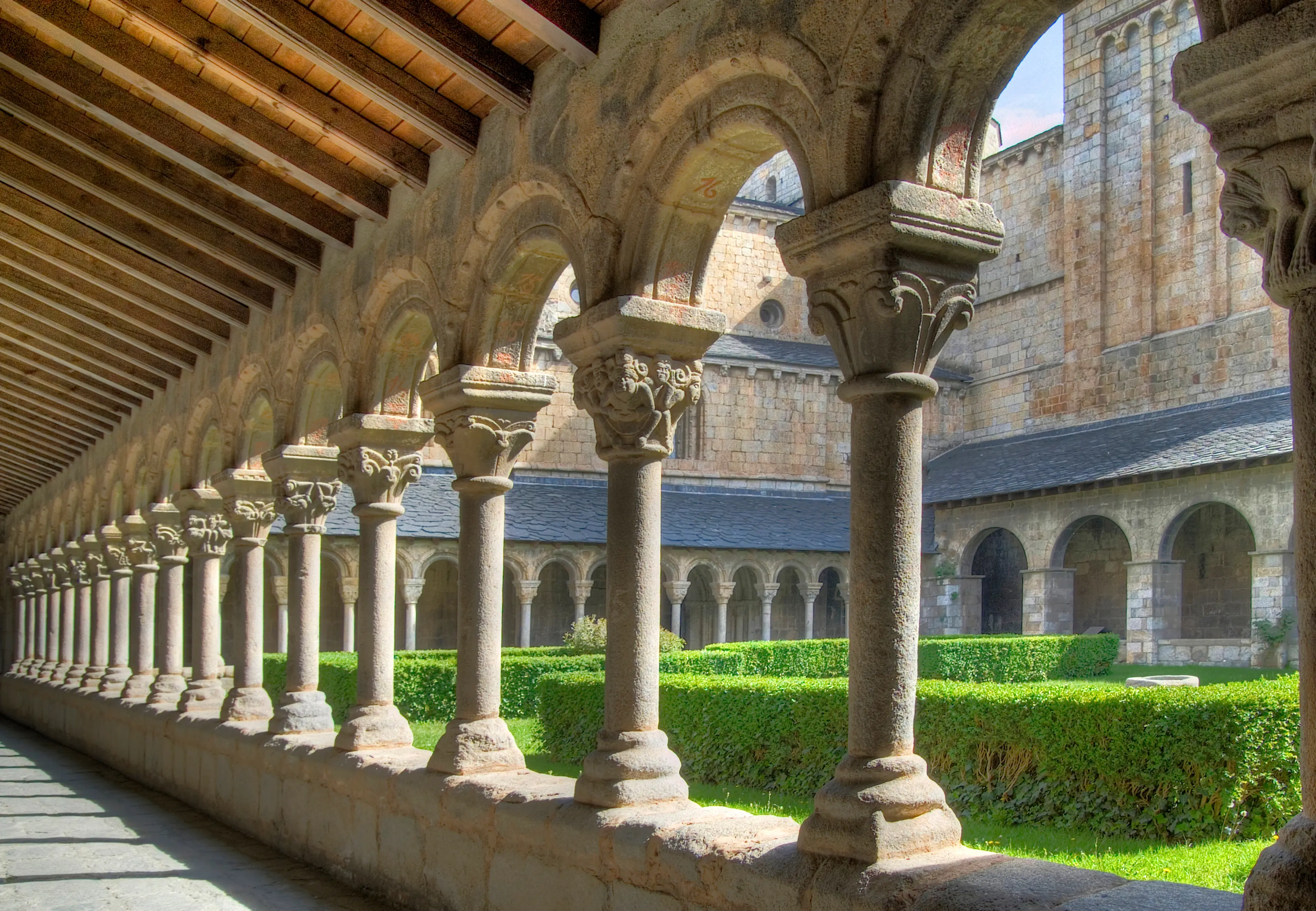
La Seu d'Urgell
A city known for its cathedral, Parc del Segre, and natural beauty.
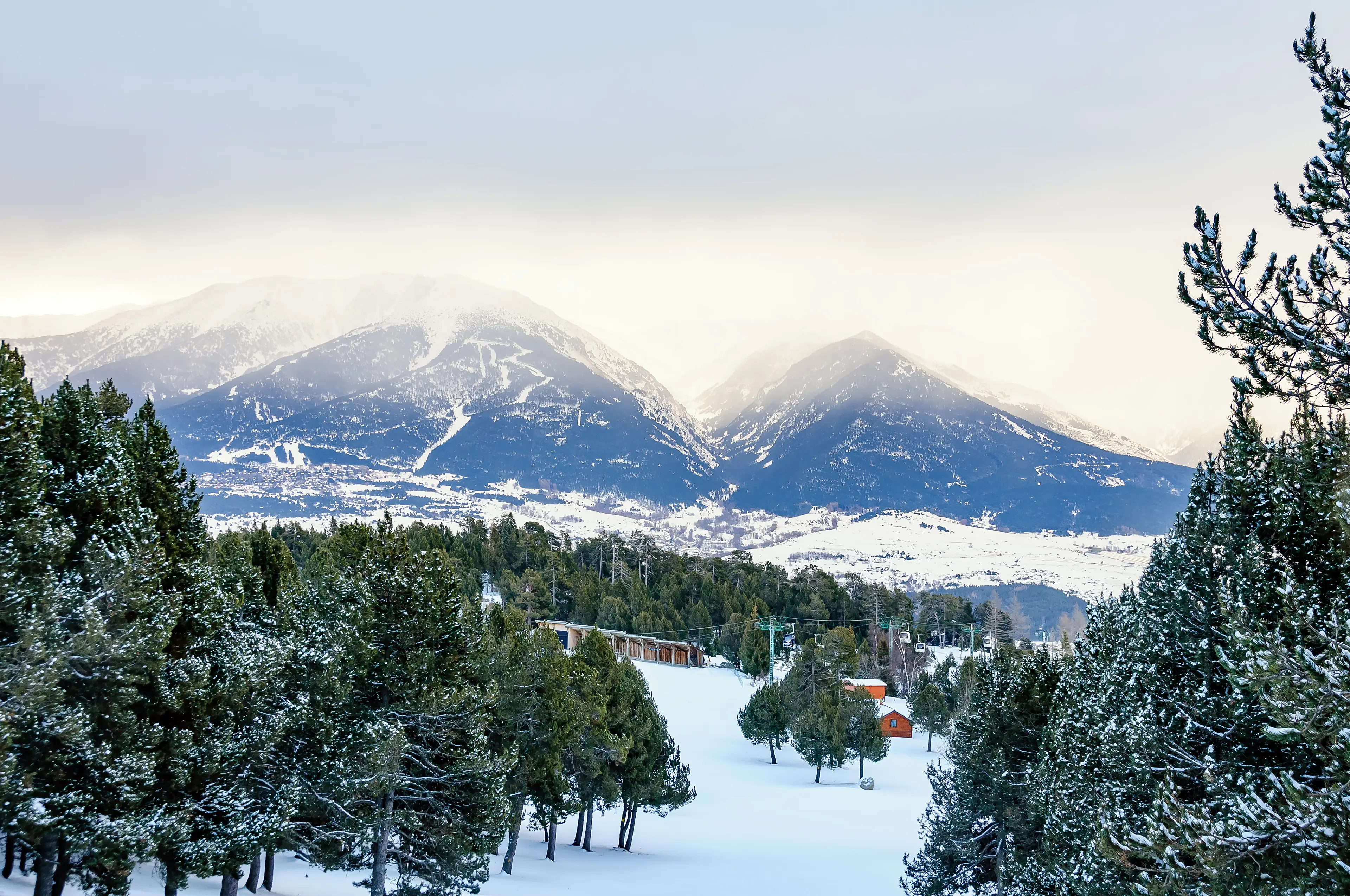
Font-Romeu
A popular ski resort and sunshine record holder in France.
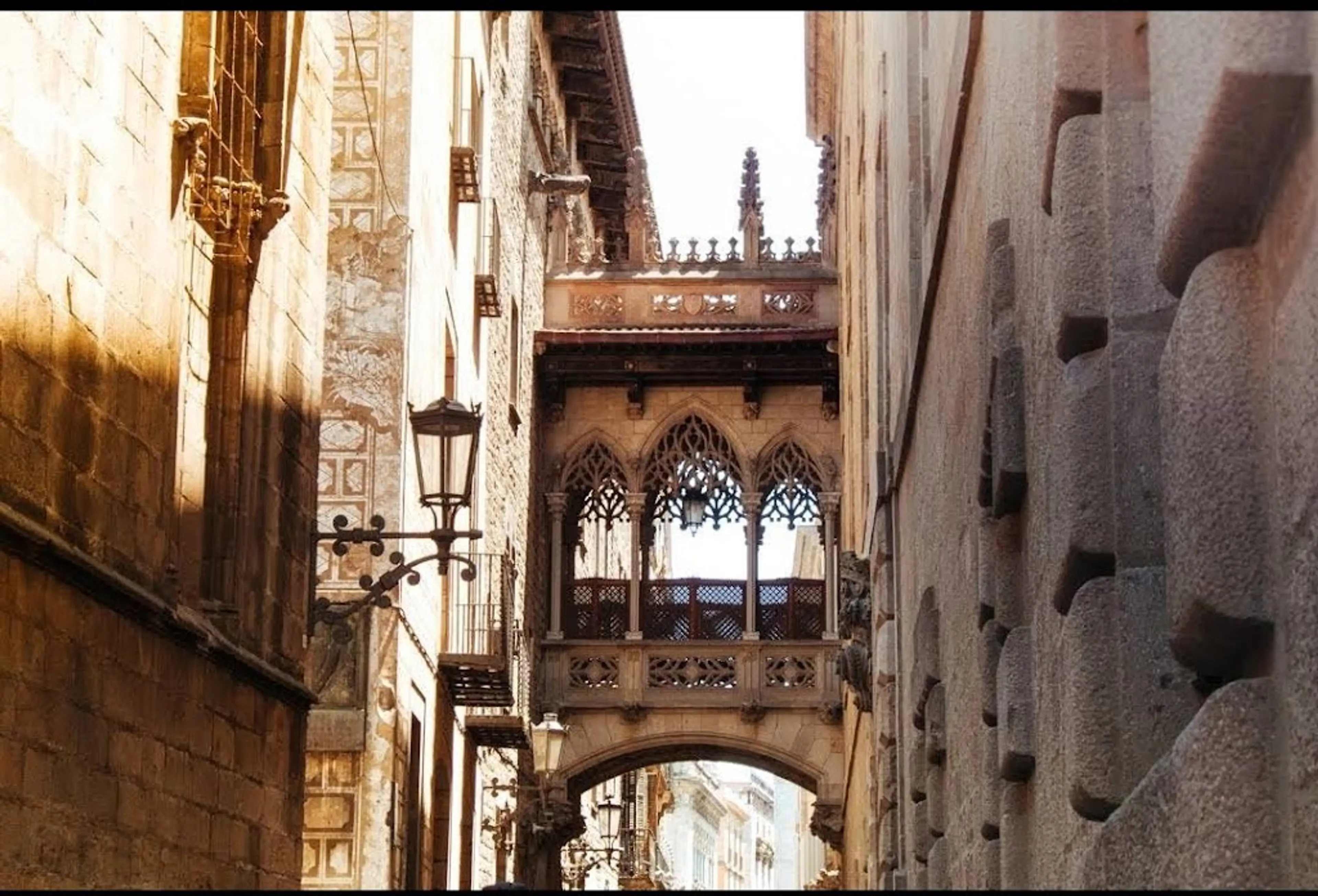
Barcelona
A vibrant city known for its art, architecture, and the beach.
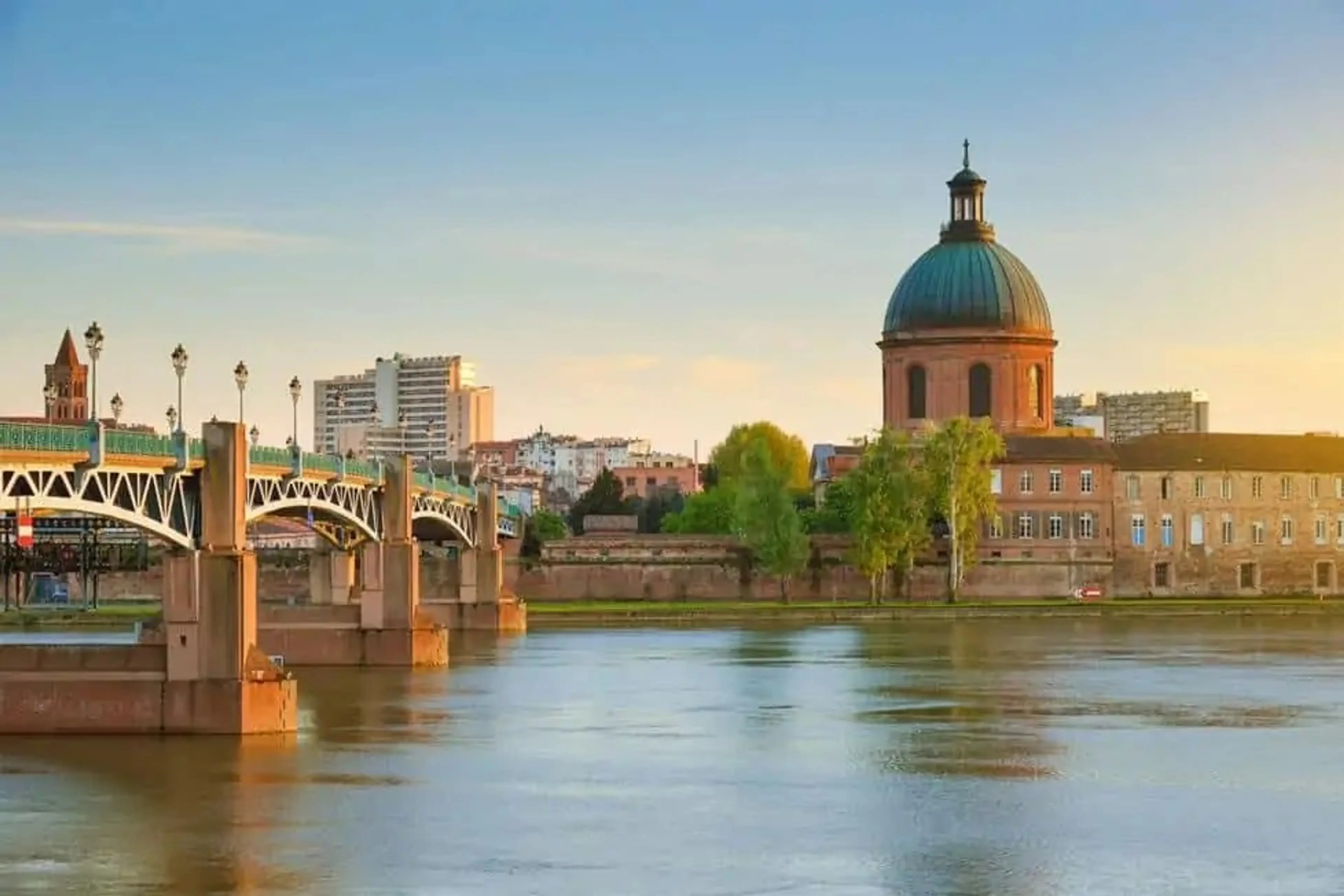
Toulouse
Known as 'La Ville Rose' for its distinctive brick architecture.
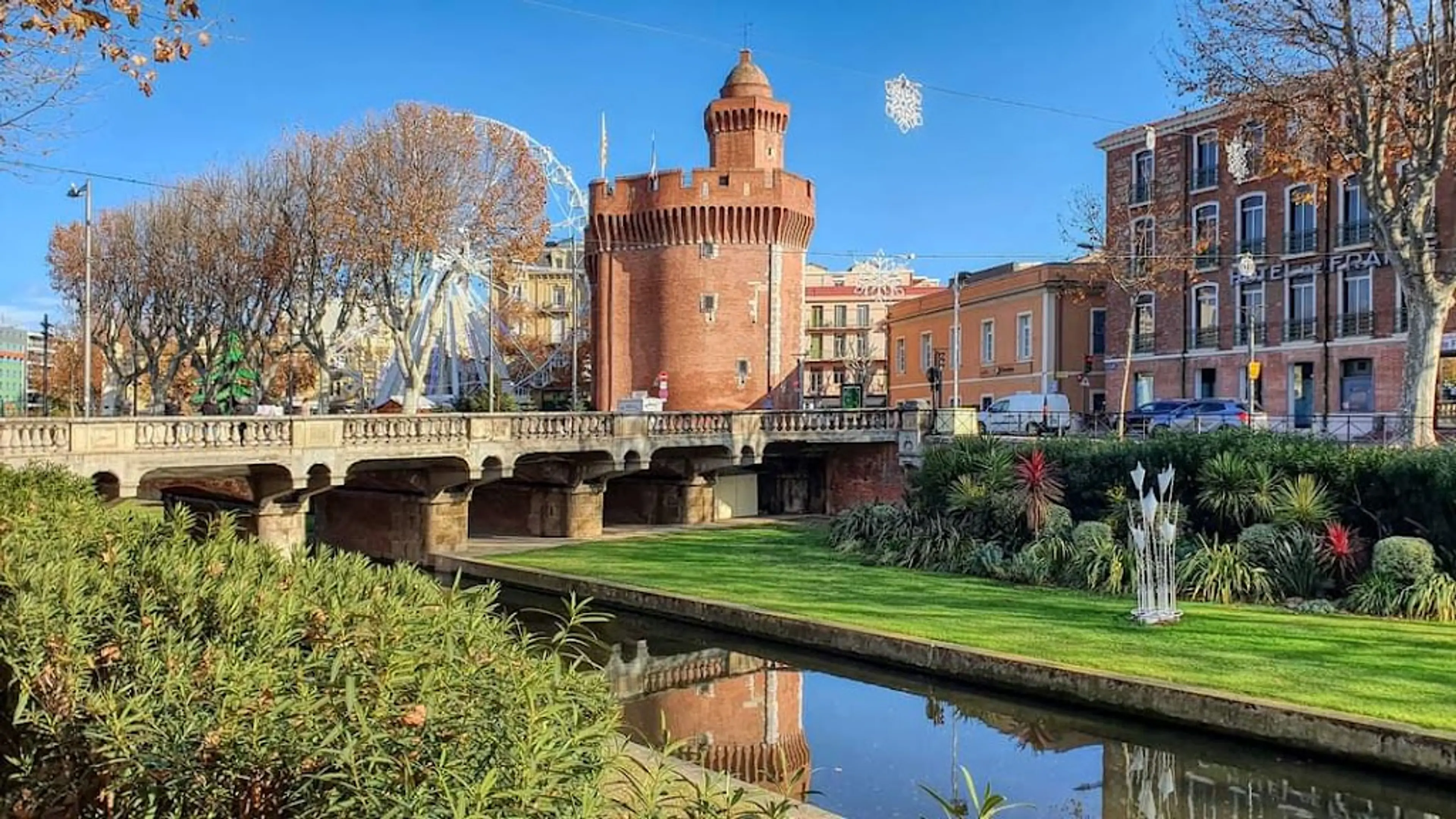
Perpignan
A city known for its history, culture, and Catalan traditions.
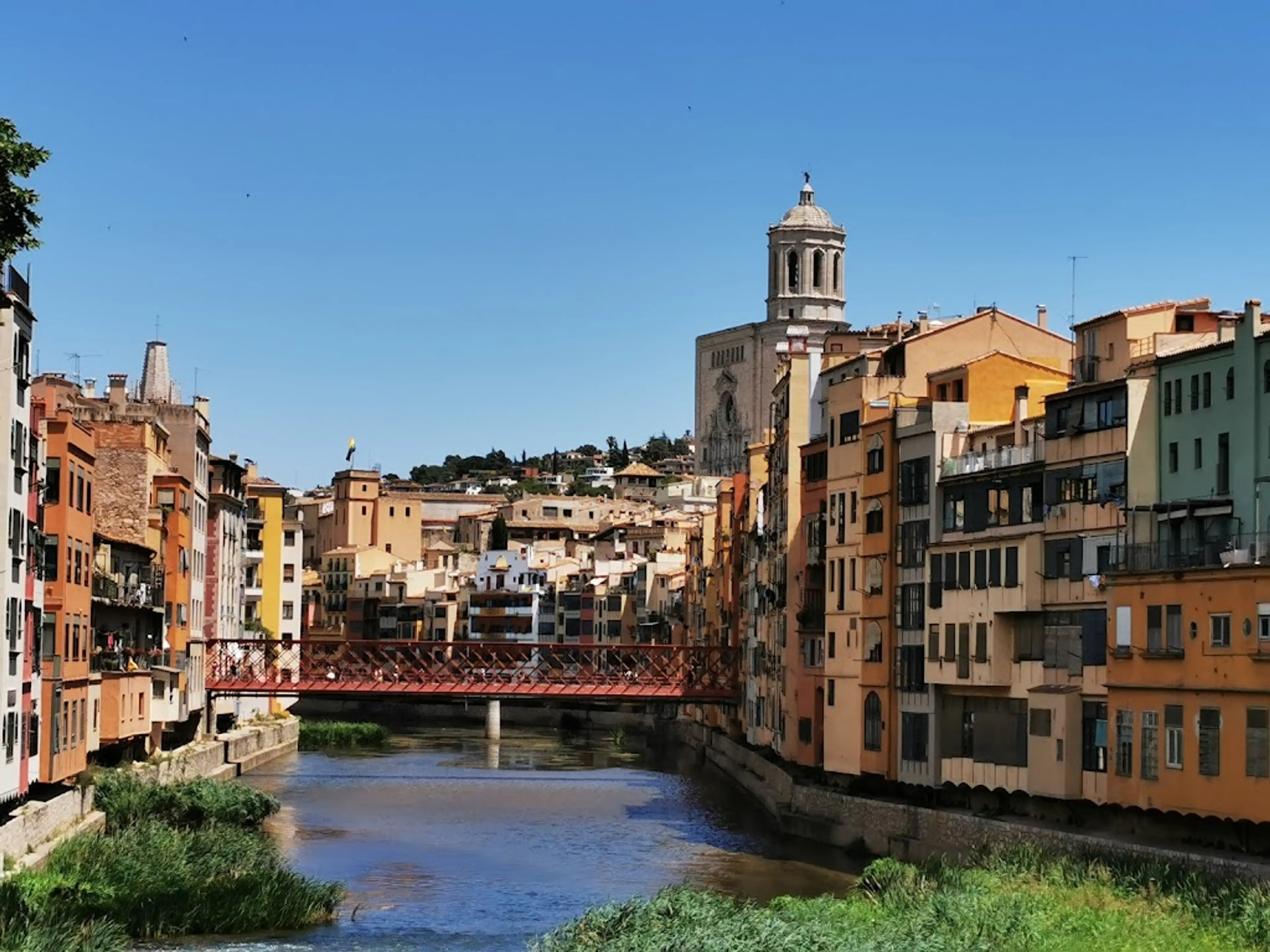
Girona
A city with a rich history, known for its medieval architecture.
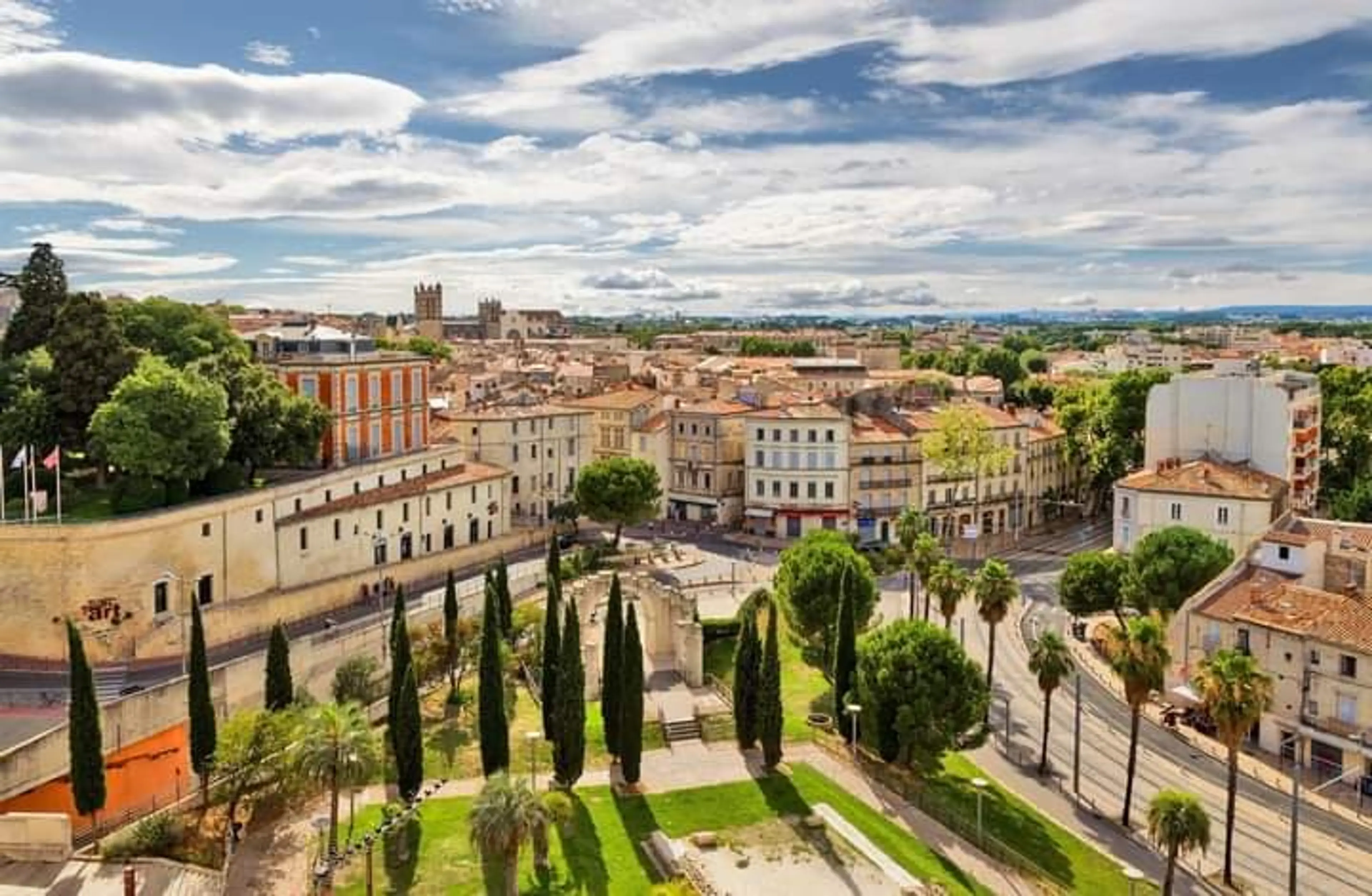
Montpellier
A city known for its medieval streets, modern architecture, and vibrant cultural scene.
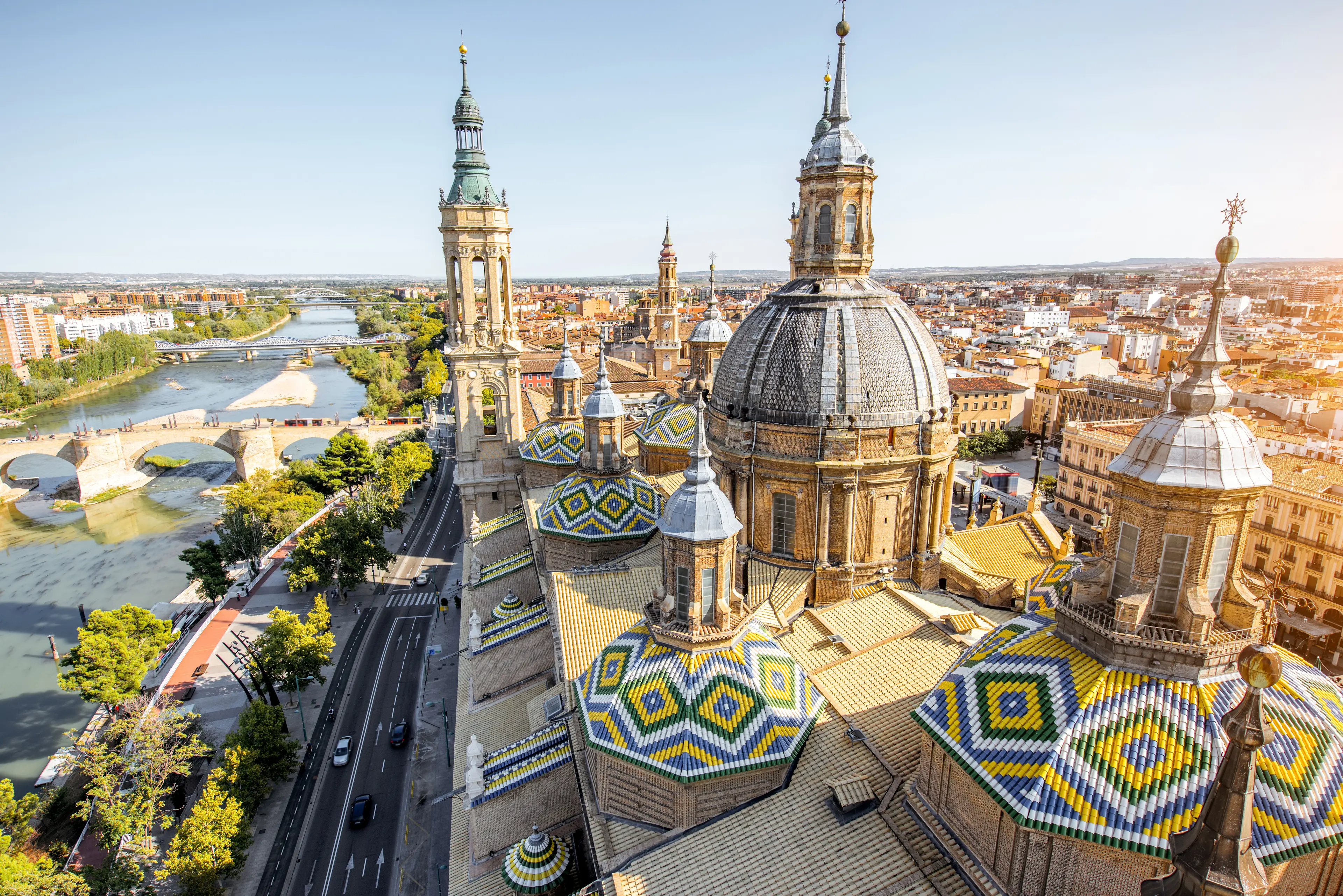
Zaragoza
A city known for its landmarks like the Basilica of Our Lady of the Pillar.
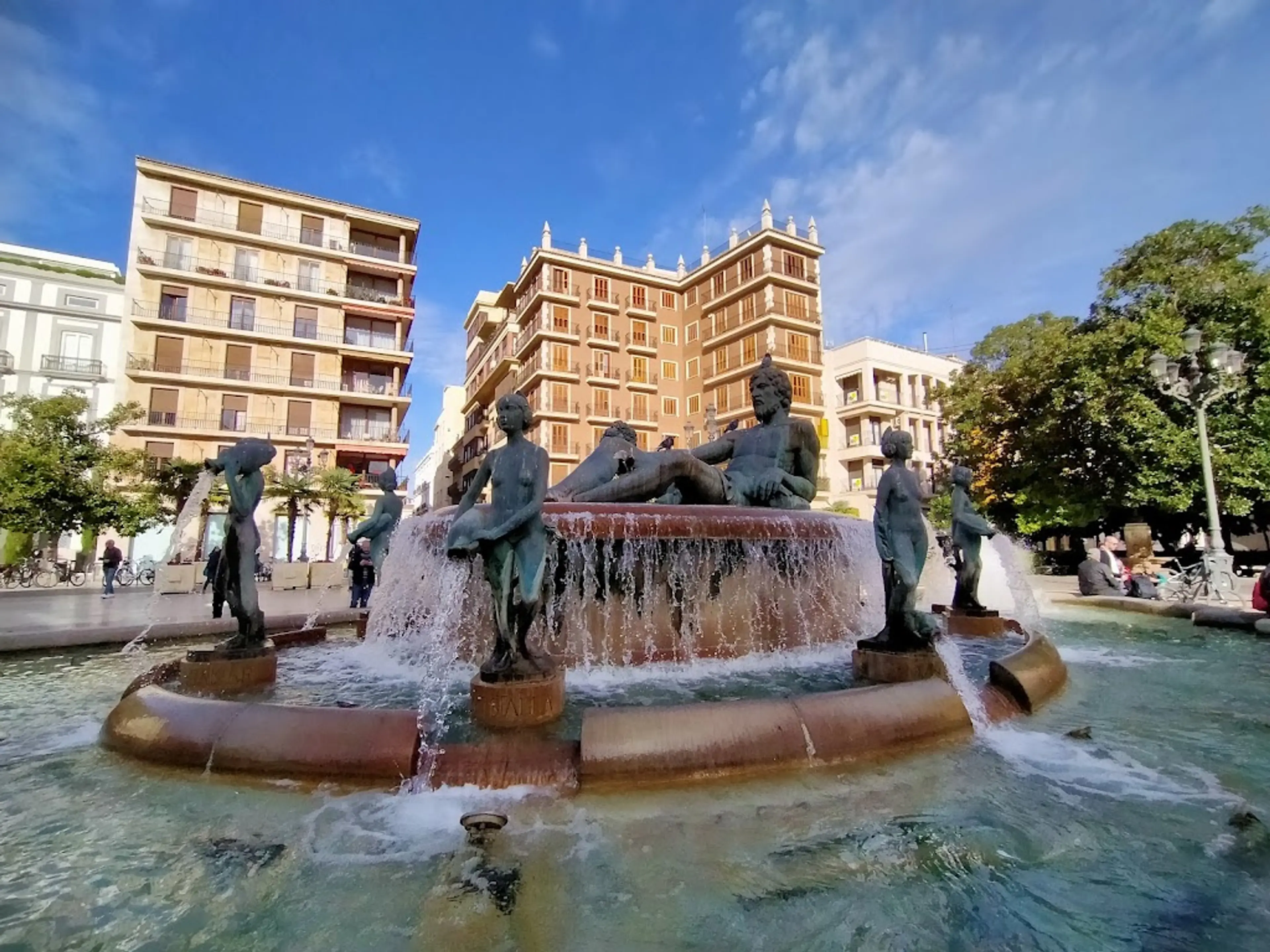
Valencia
Known for its City of Arts and Sciences, with futuristic structures including a planetarium, an opera house, and a museum of natural sciences.
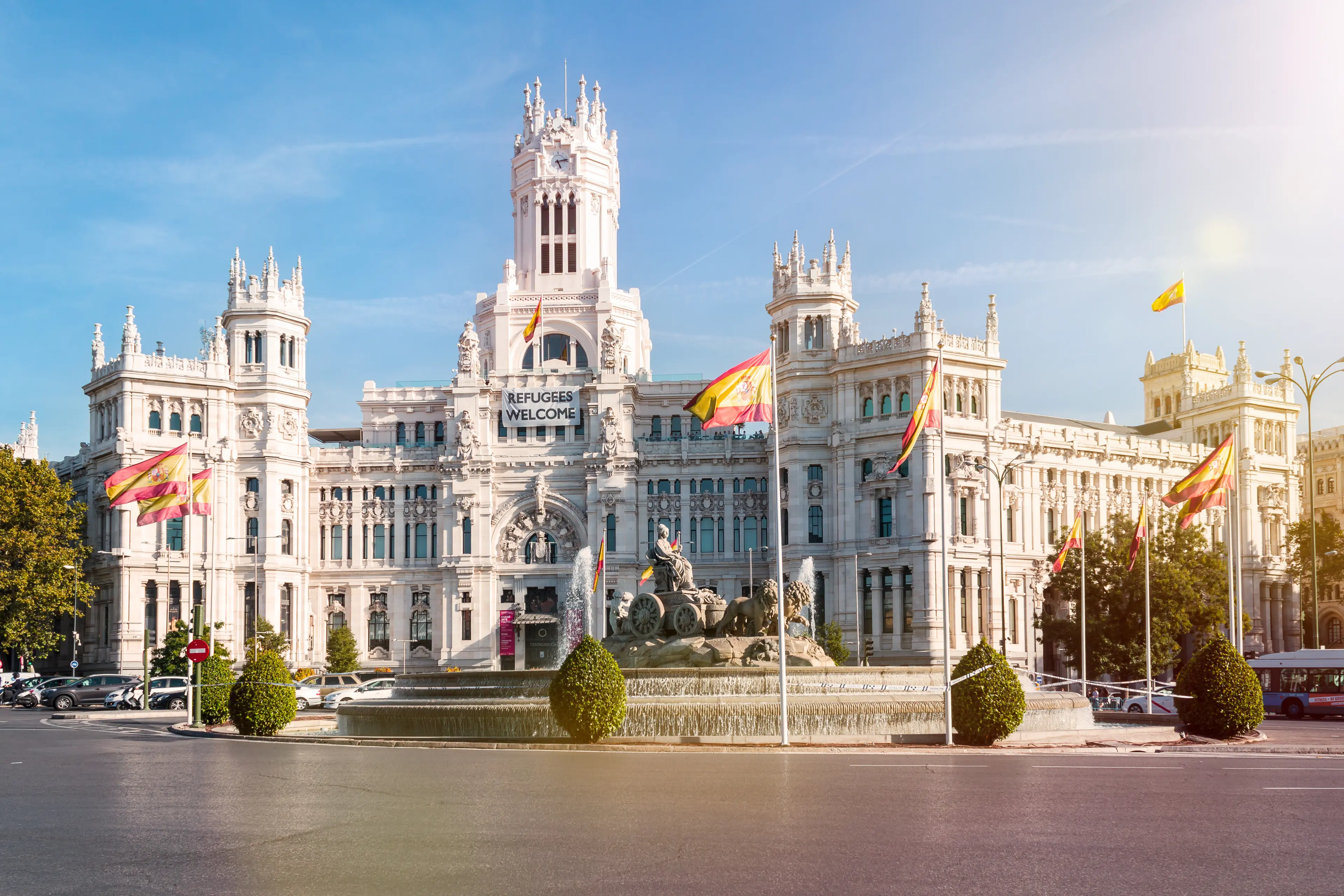
Madrid
The capital of Spain, known for its rich repositories of European art, including the Prado Museum’s works by Goya, Velázquez and other Spanish masters.
